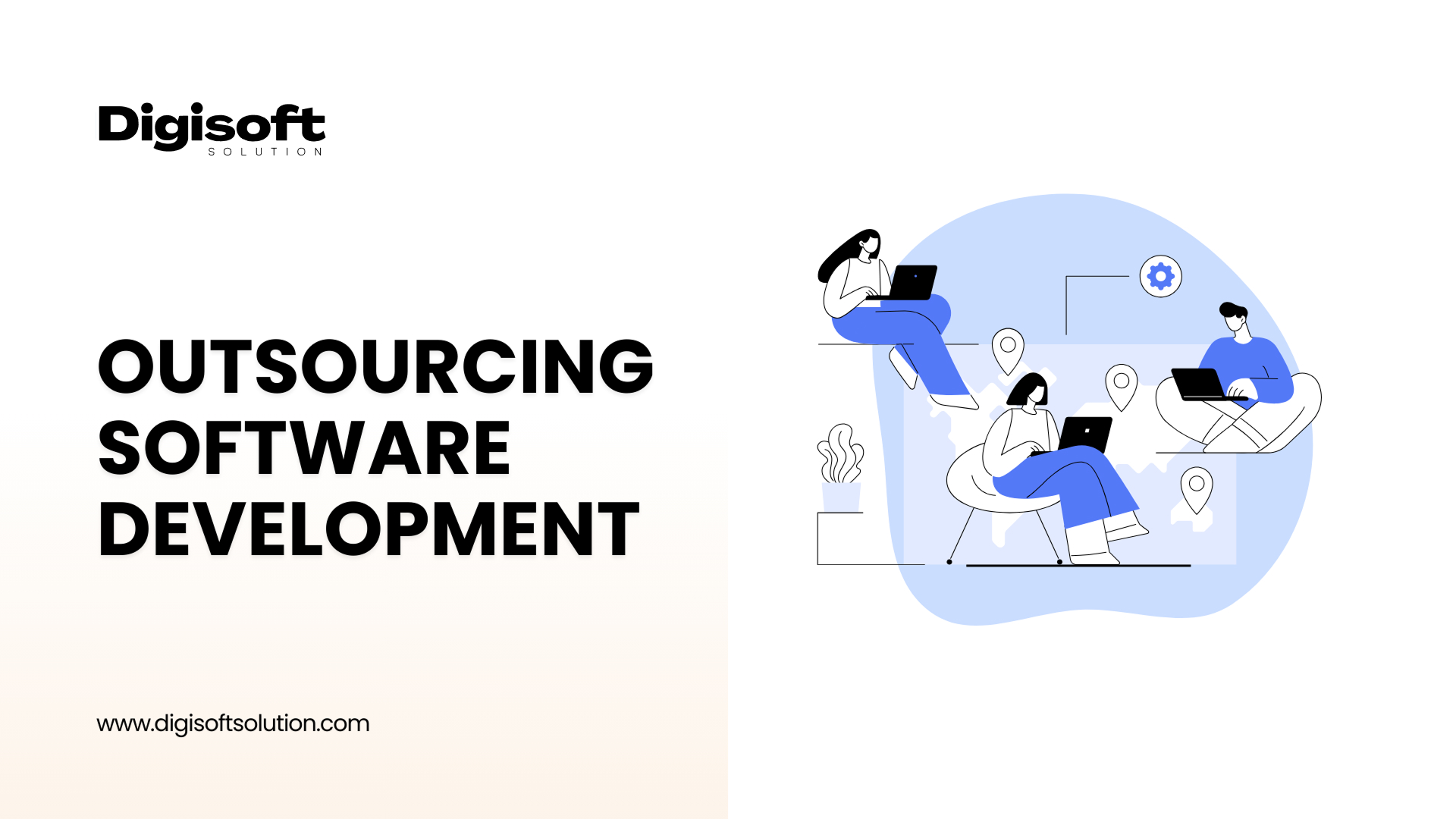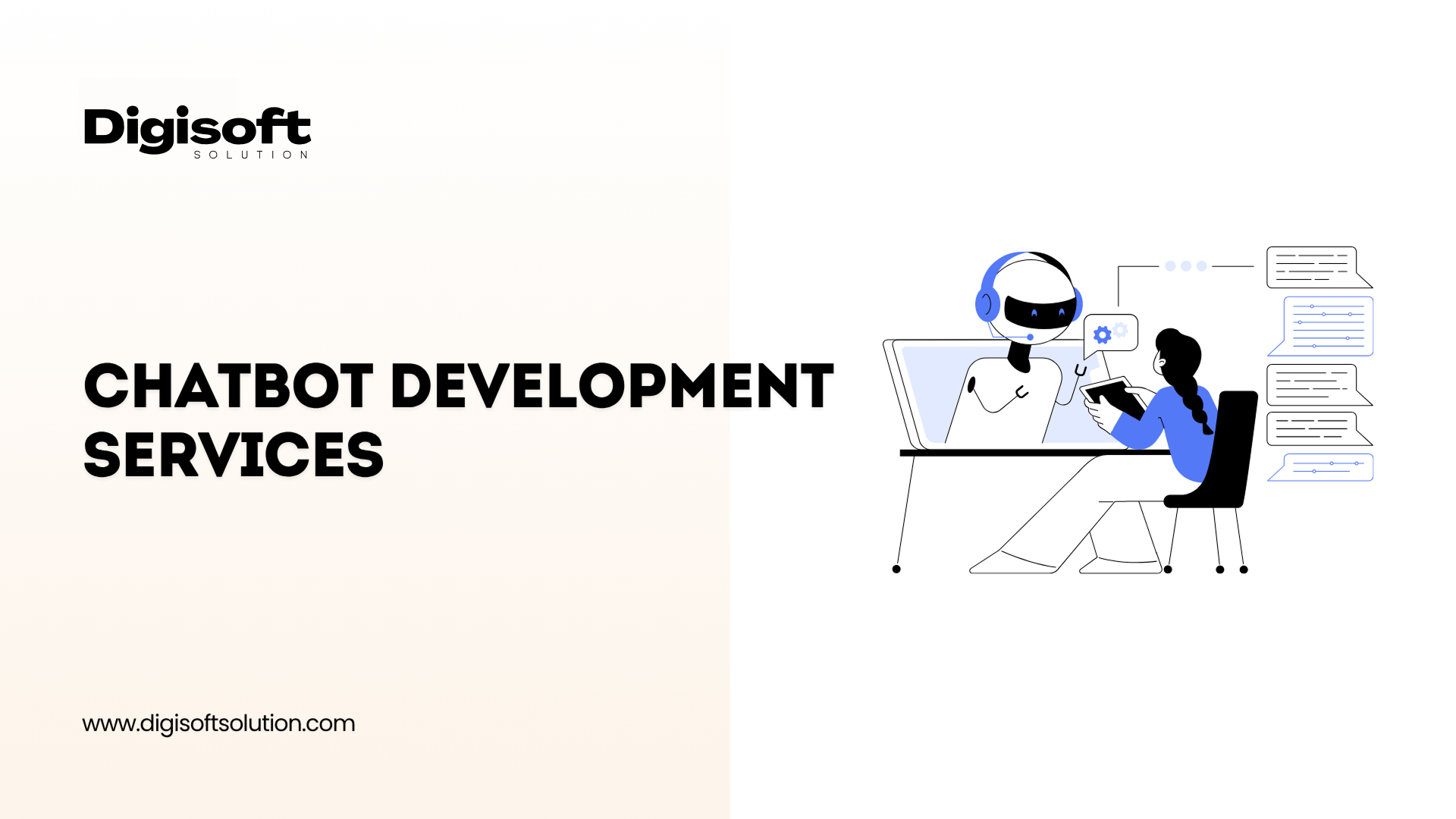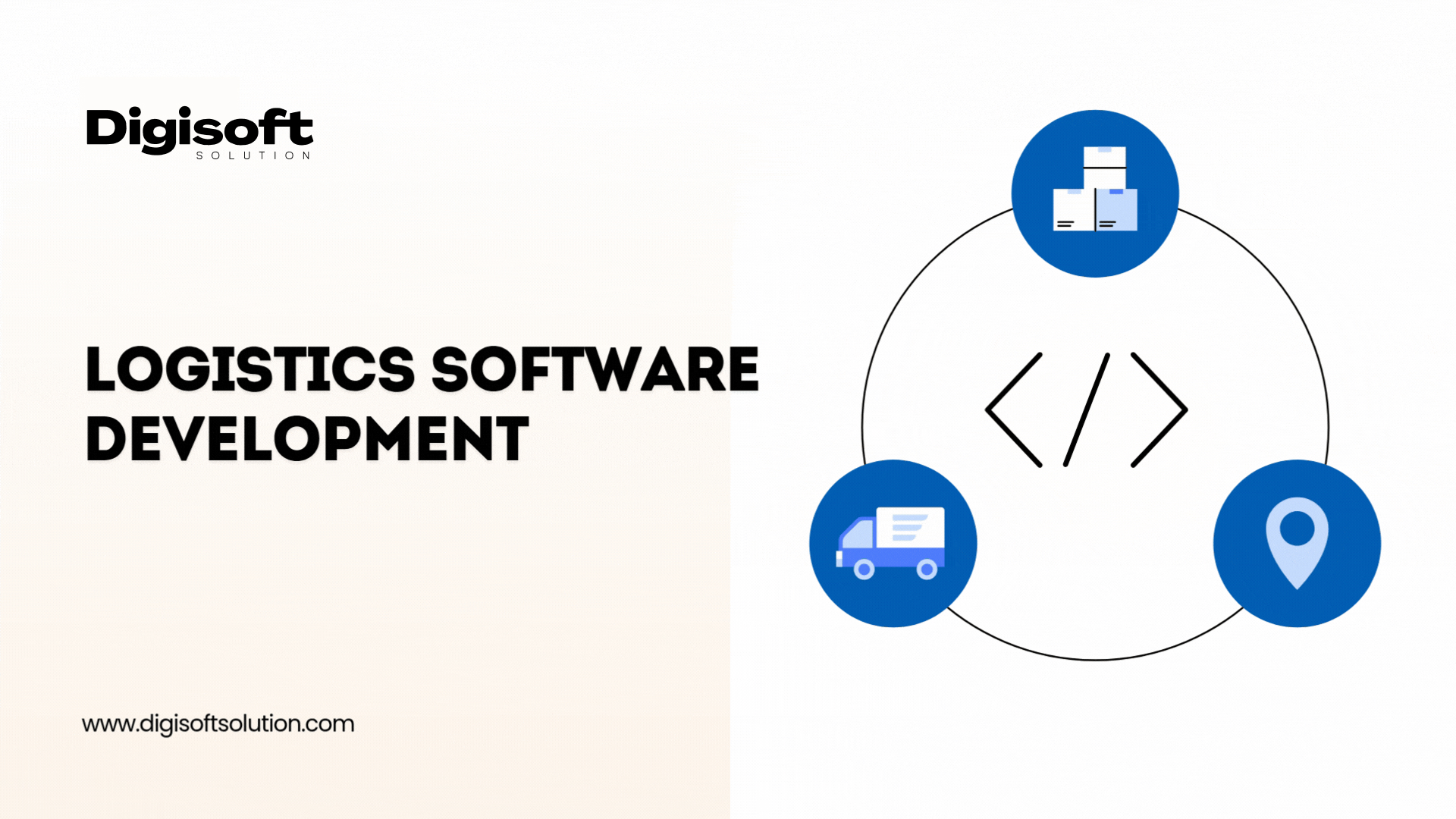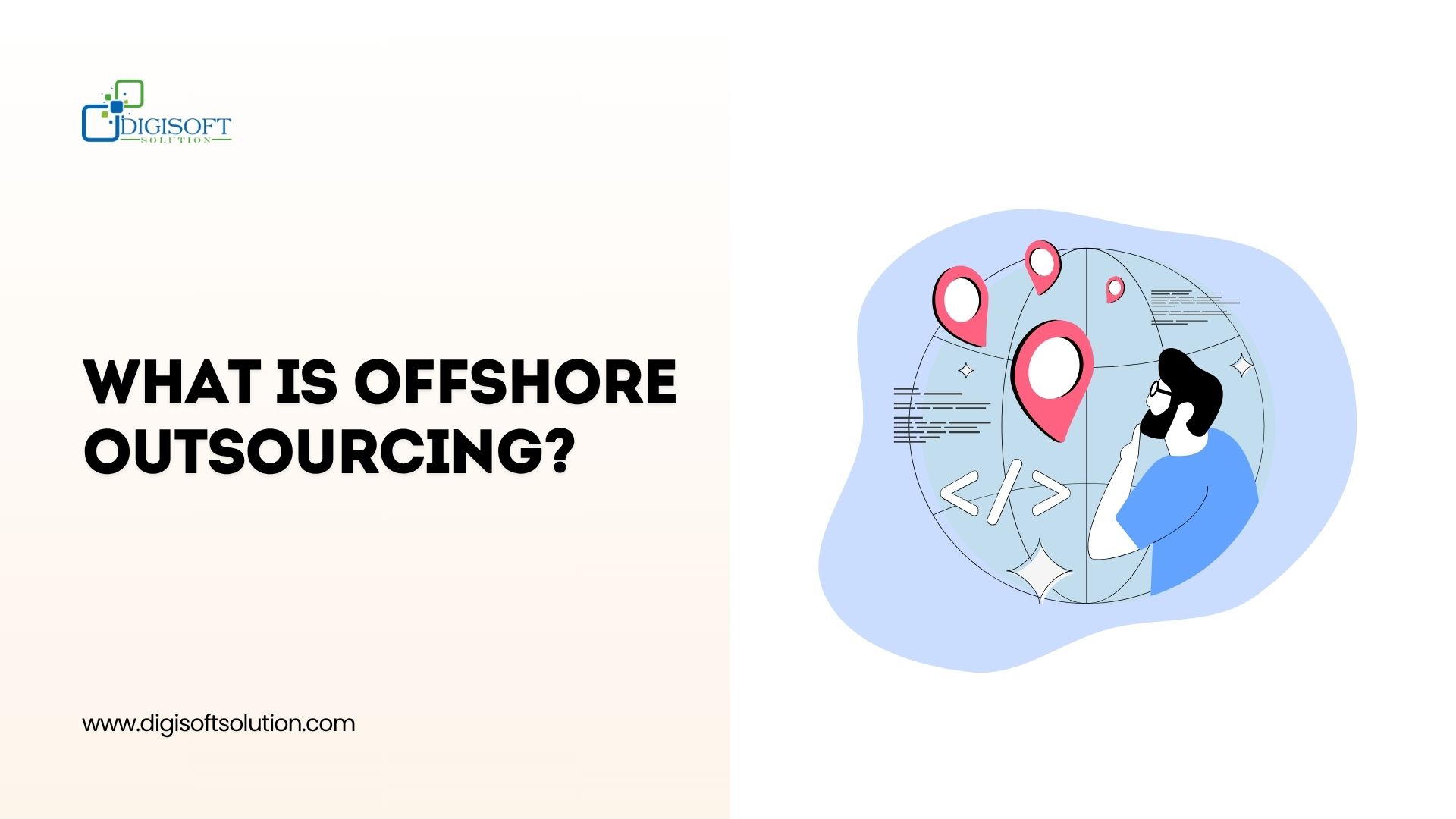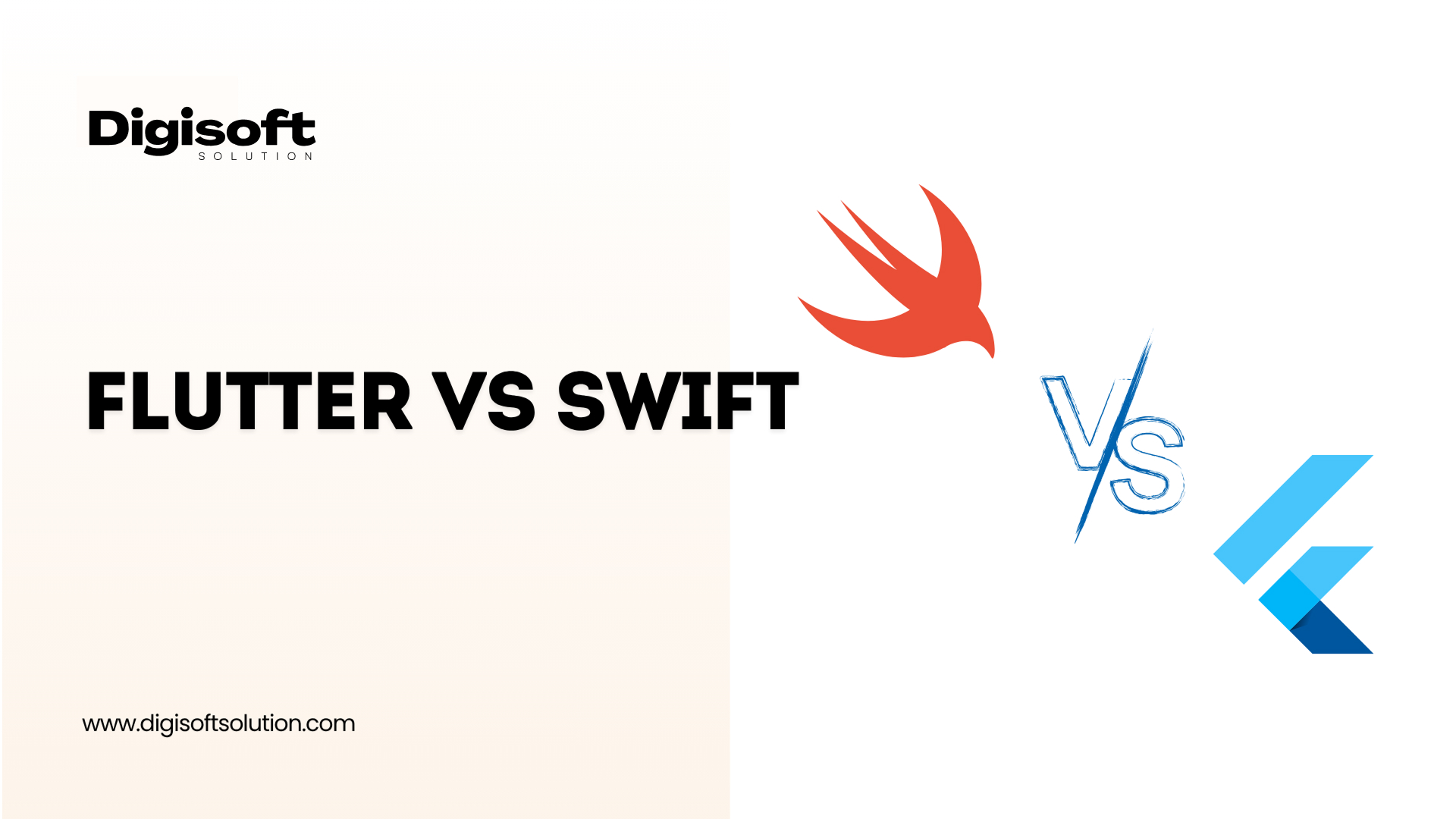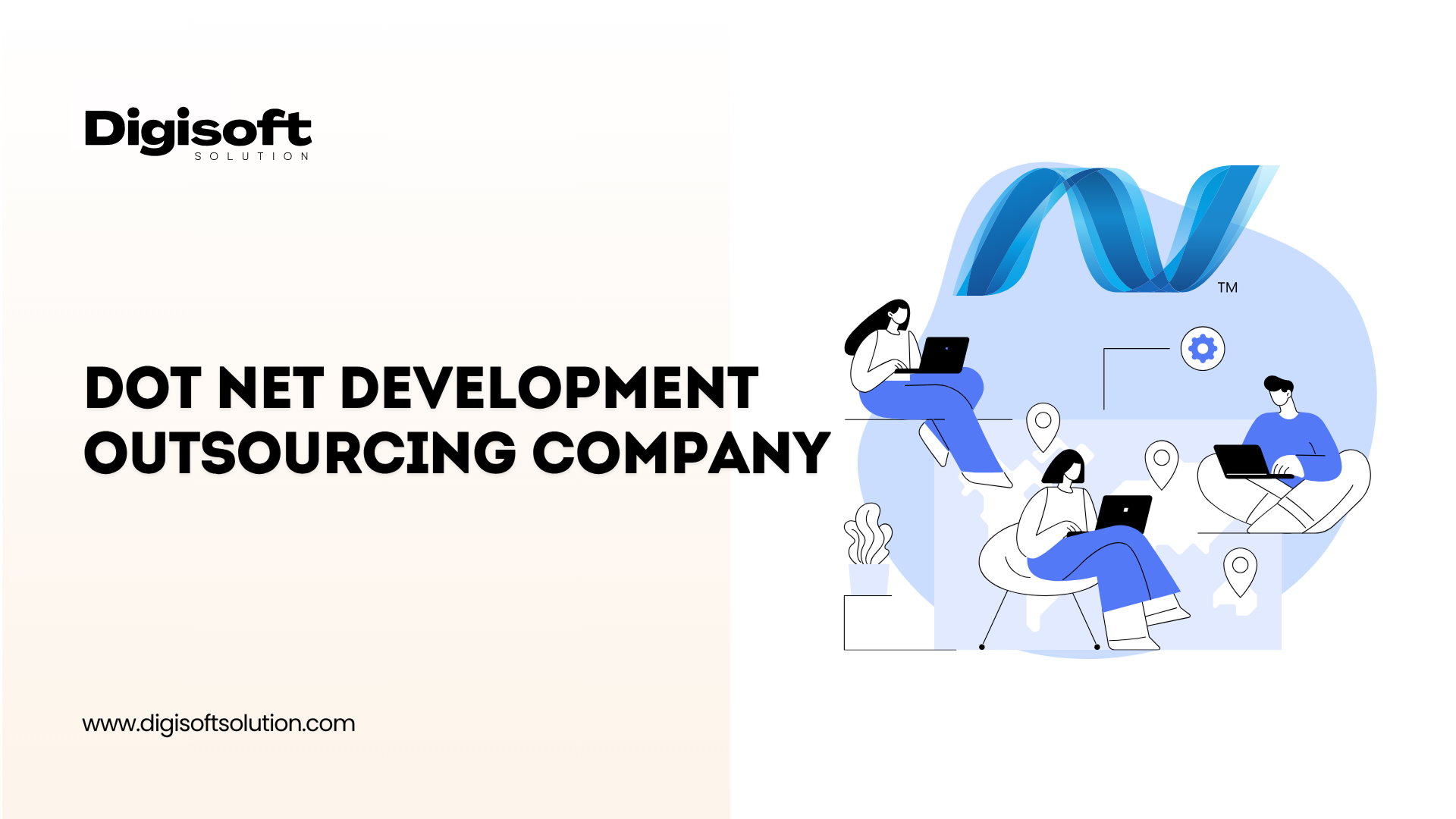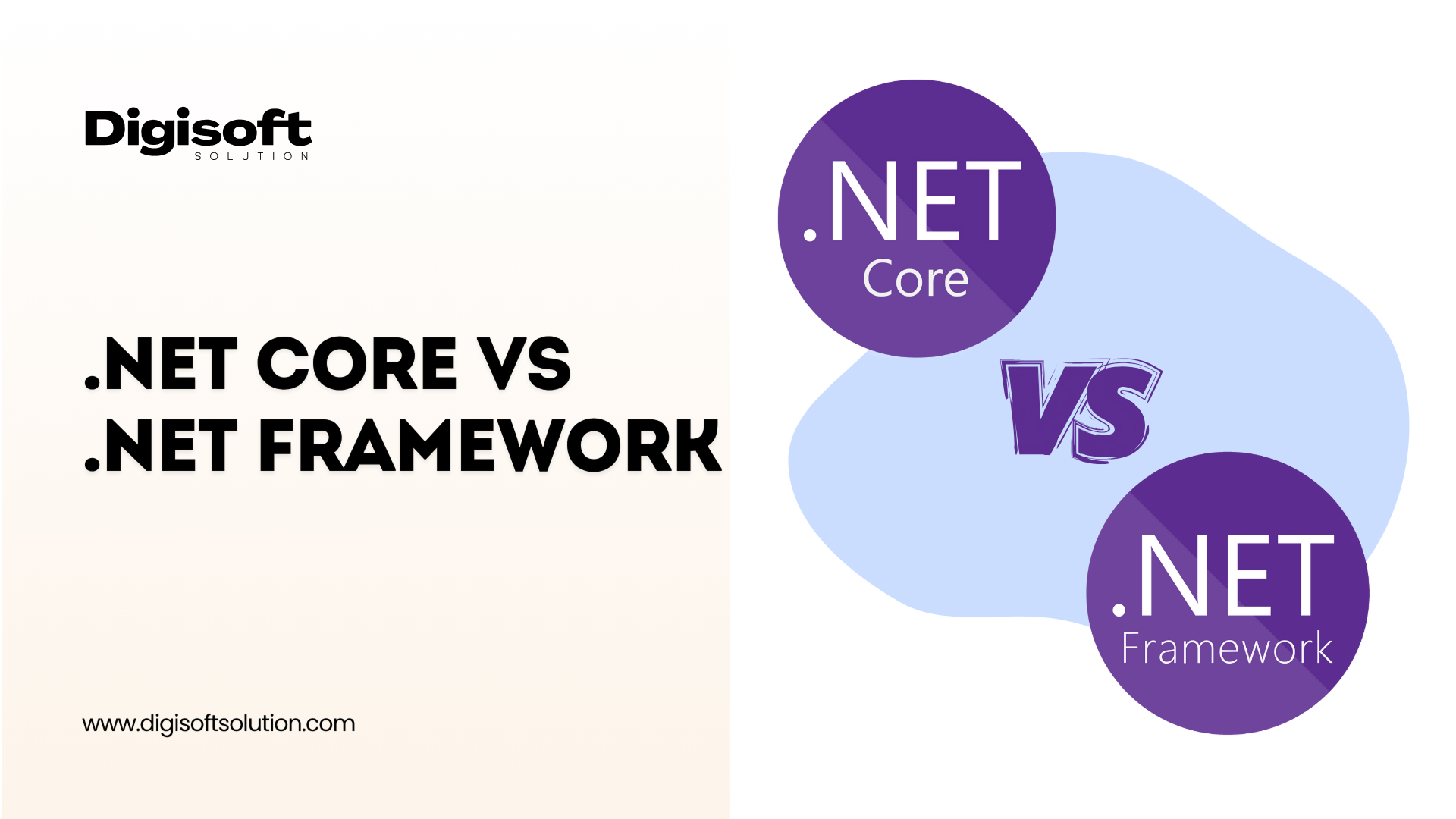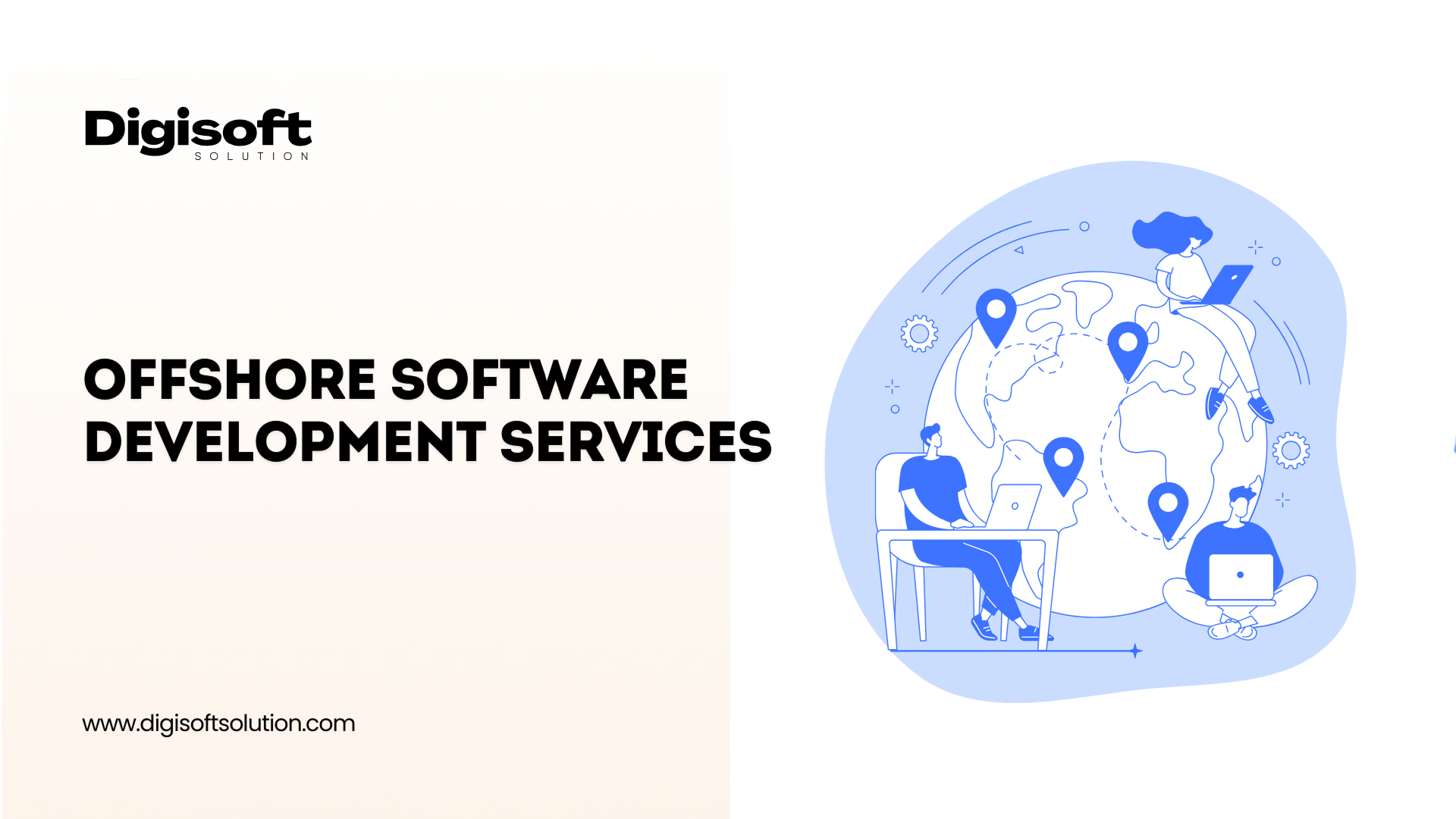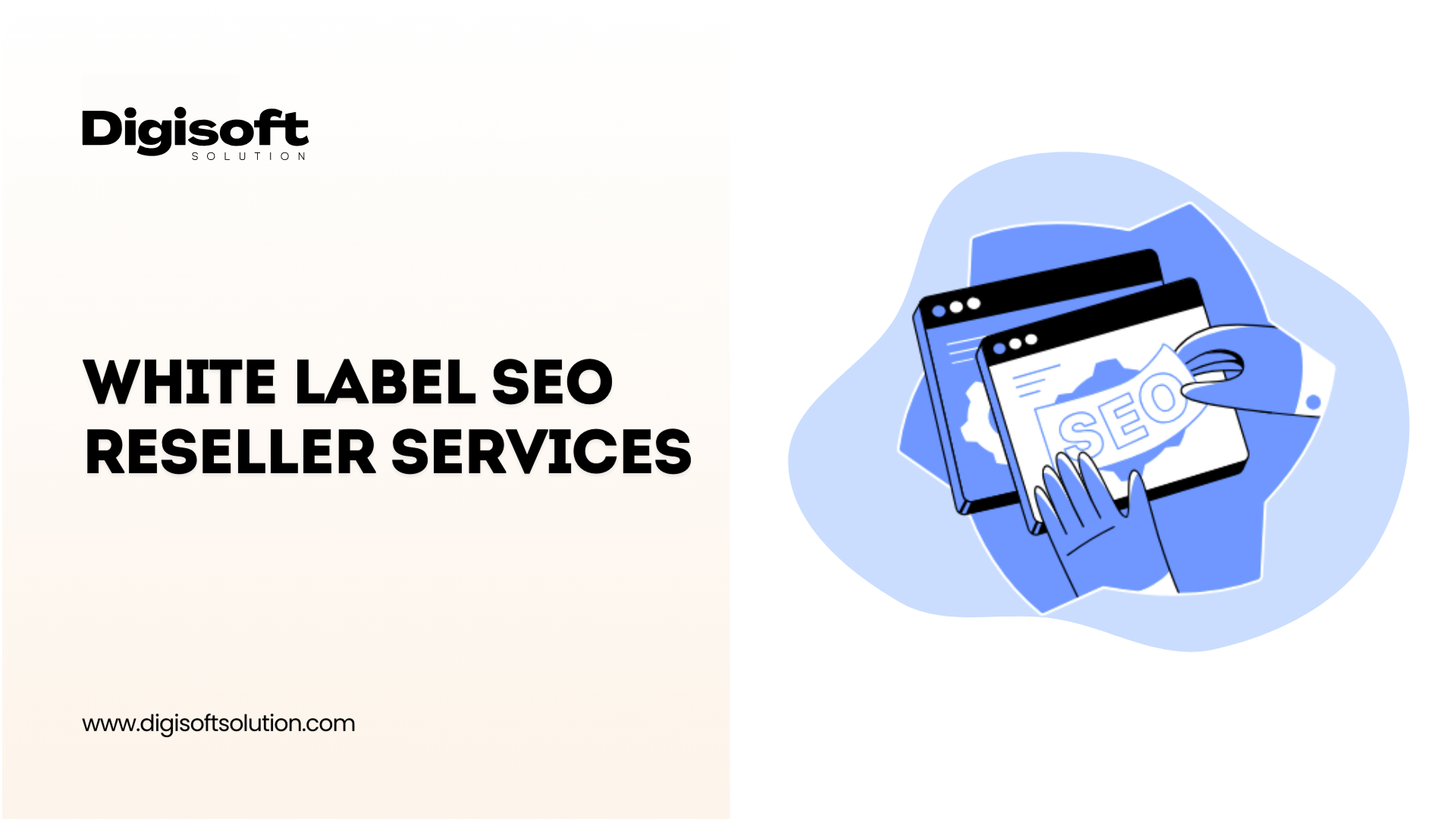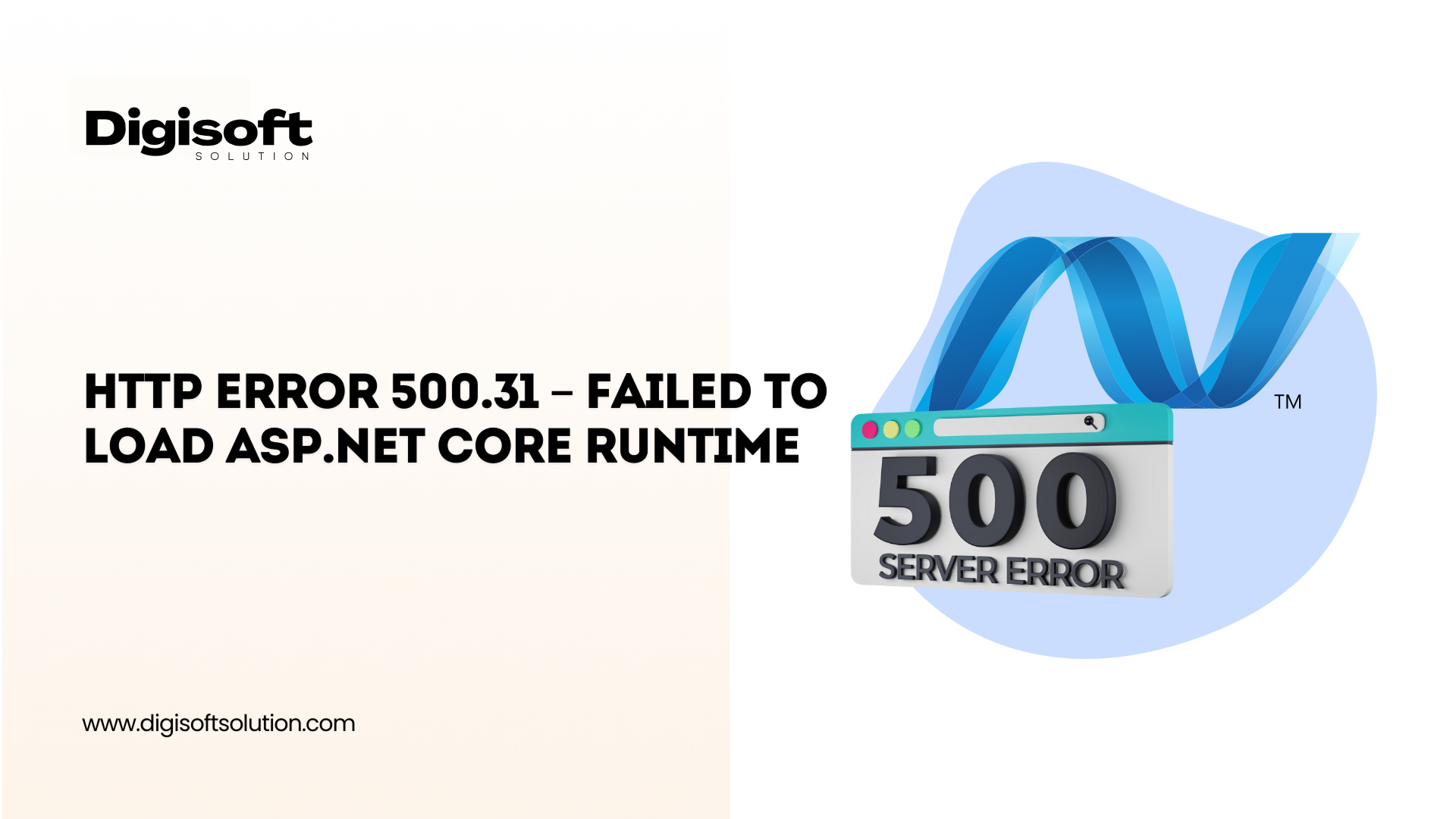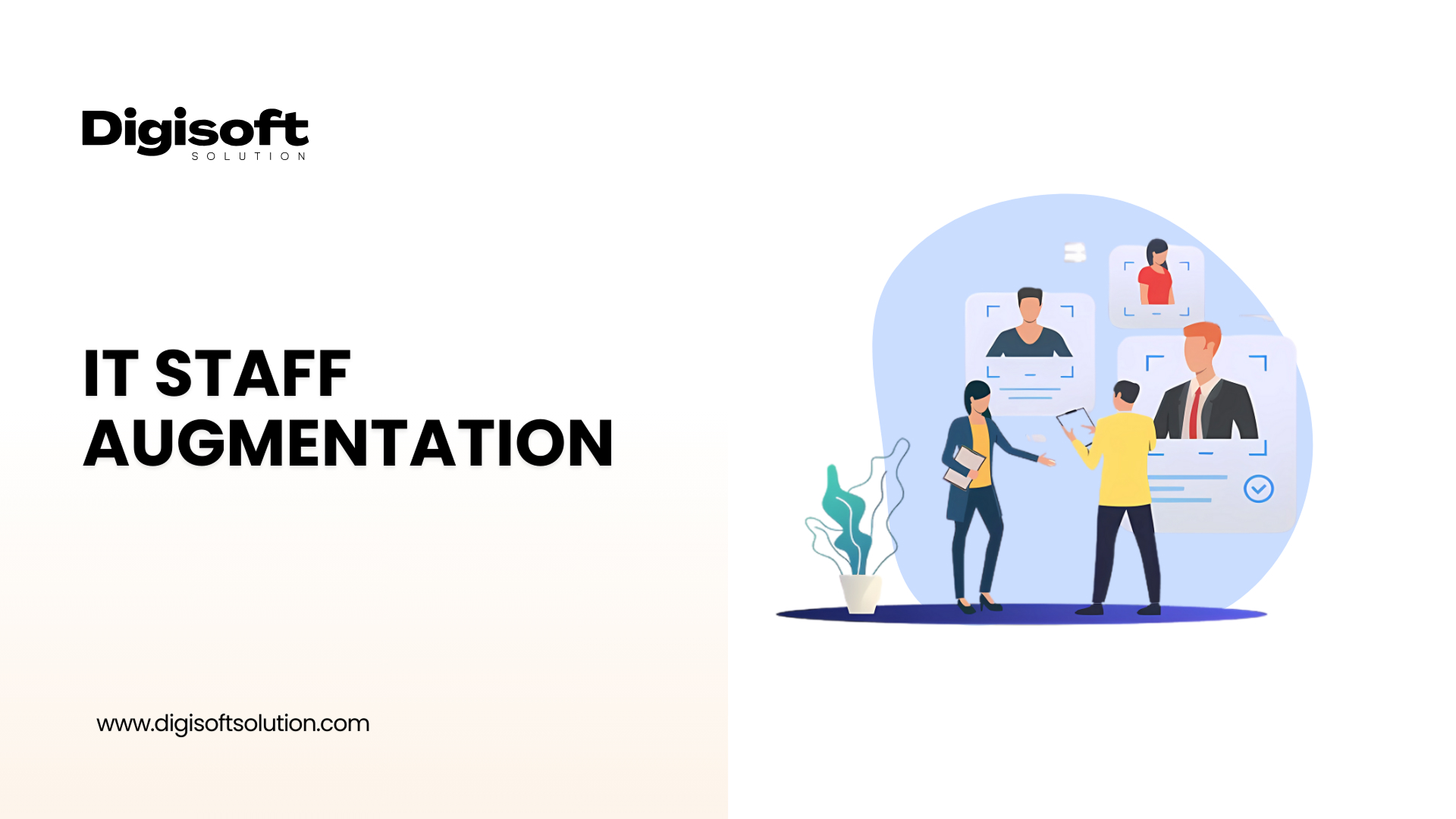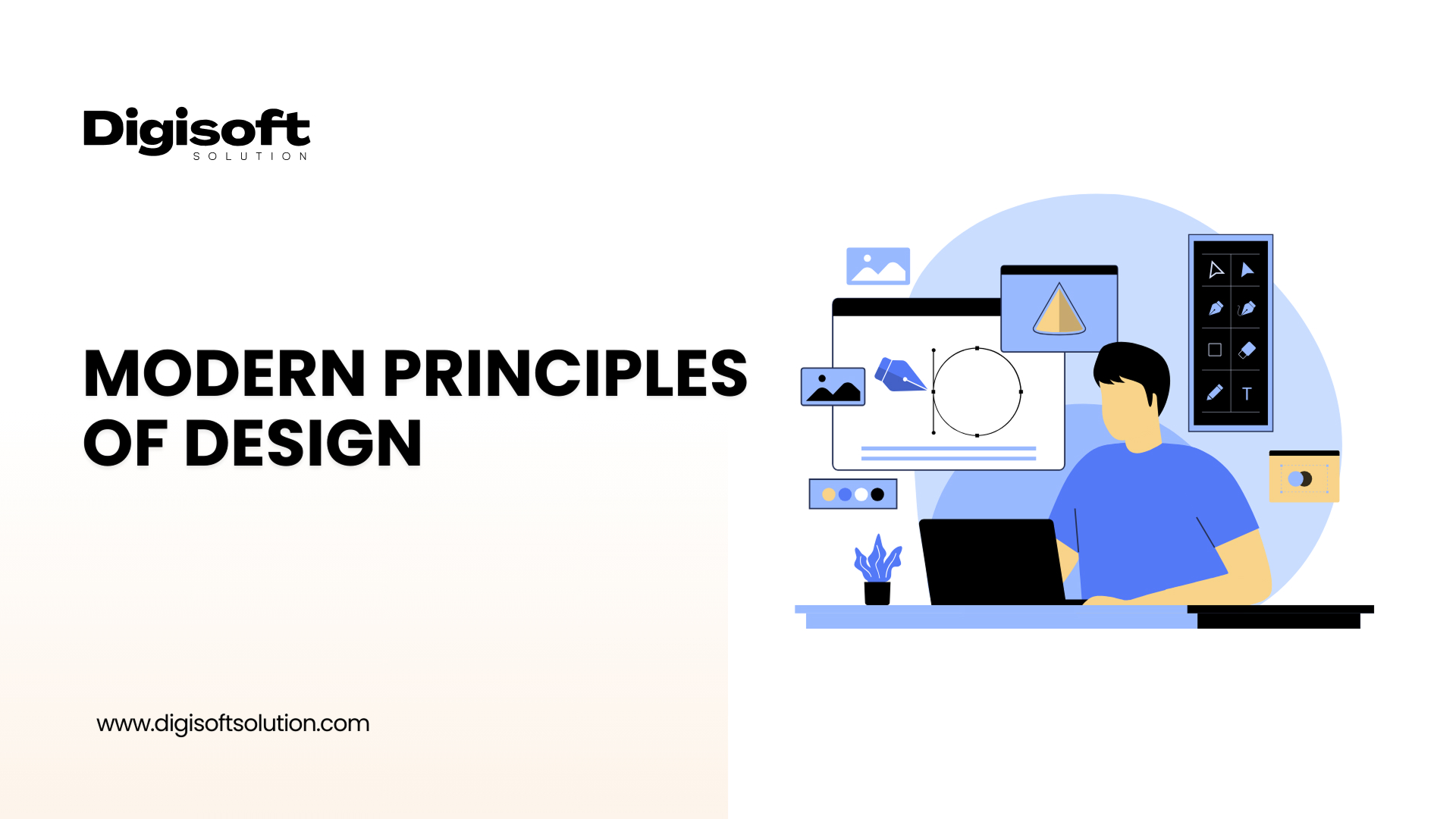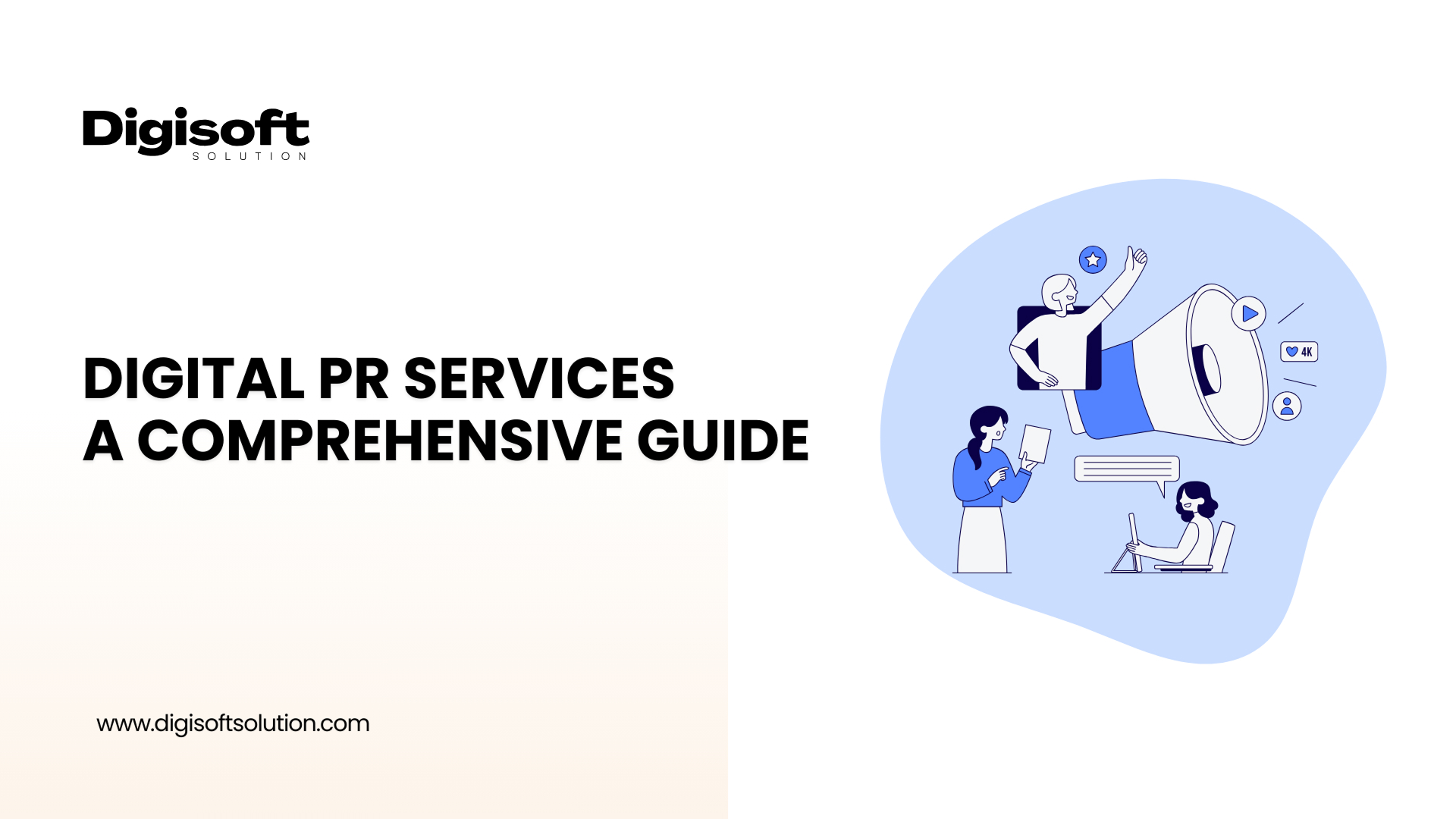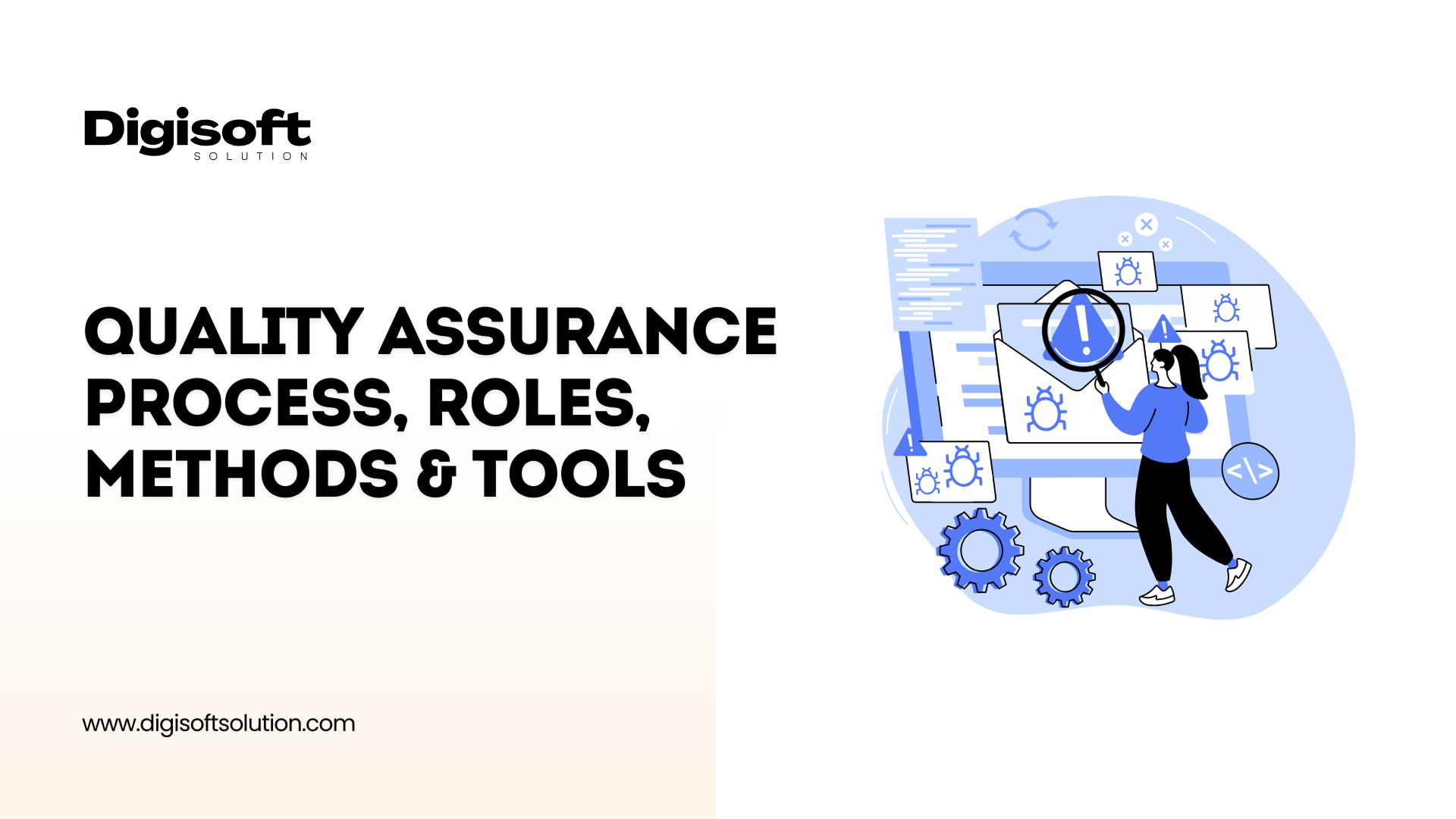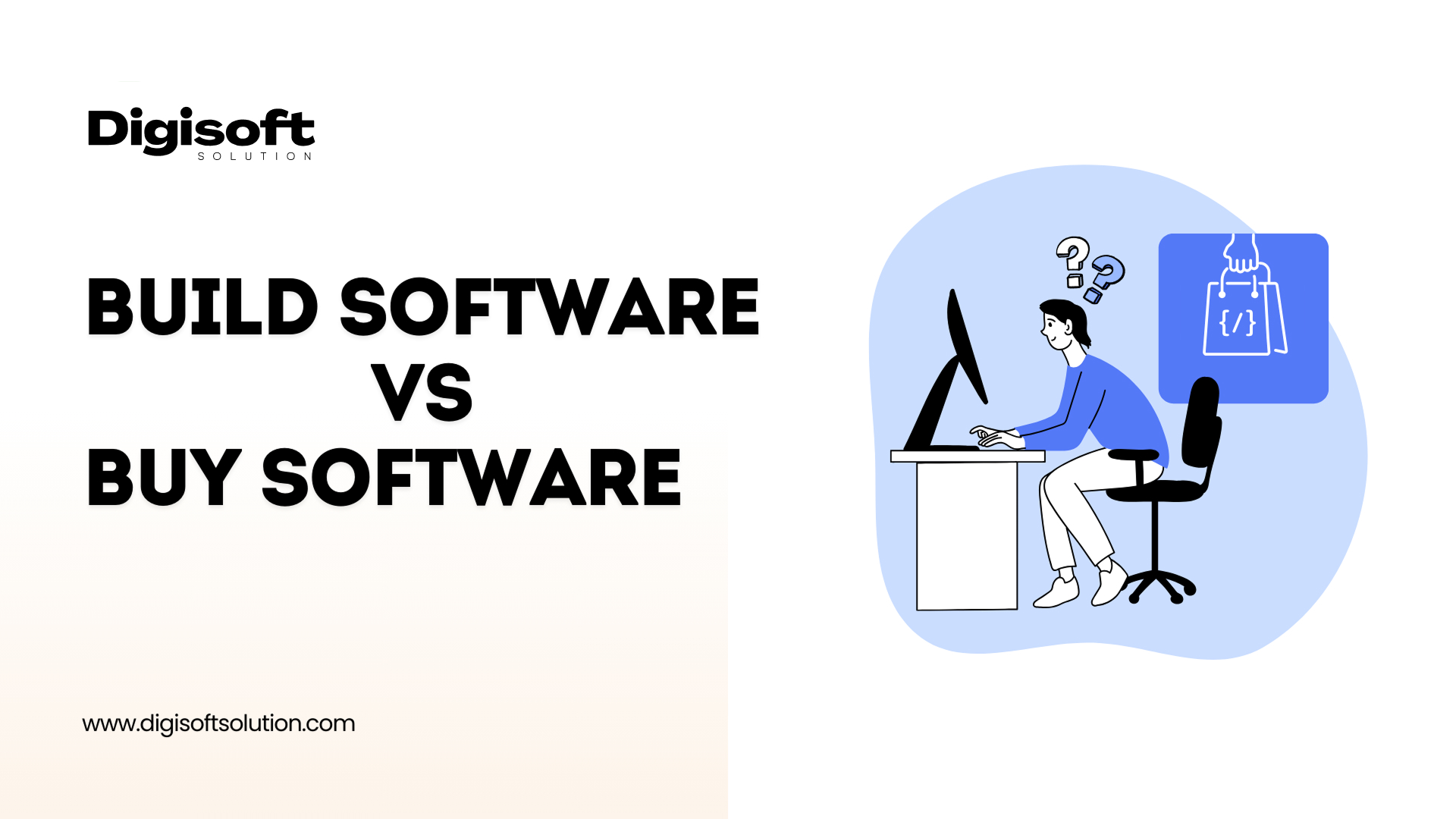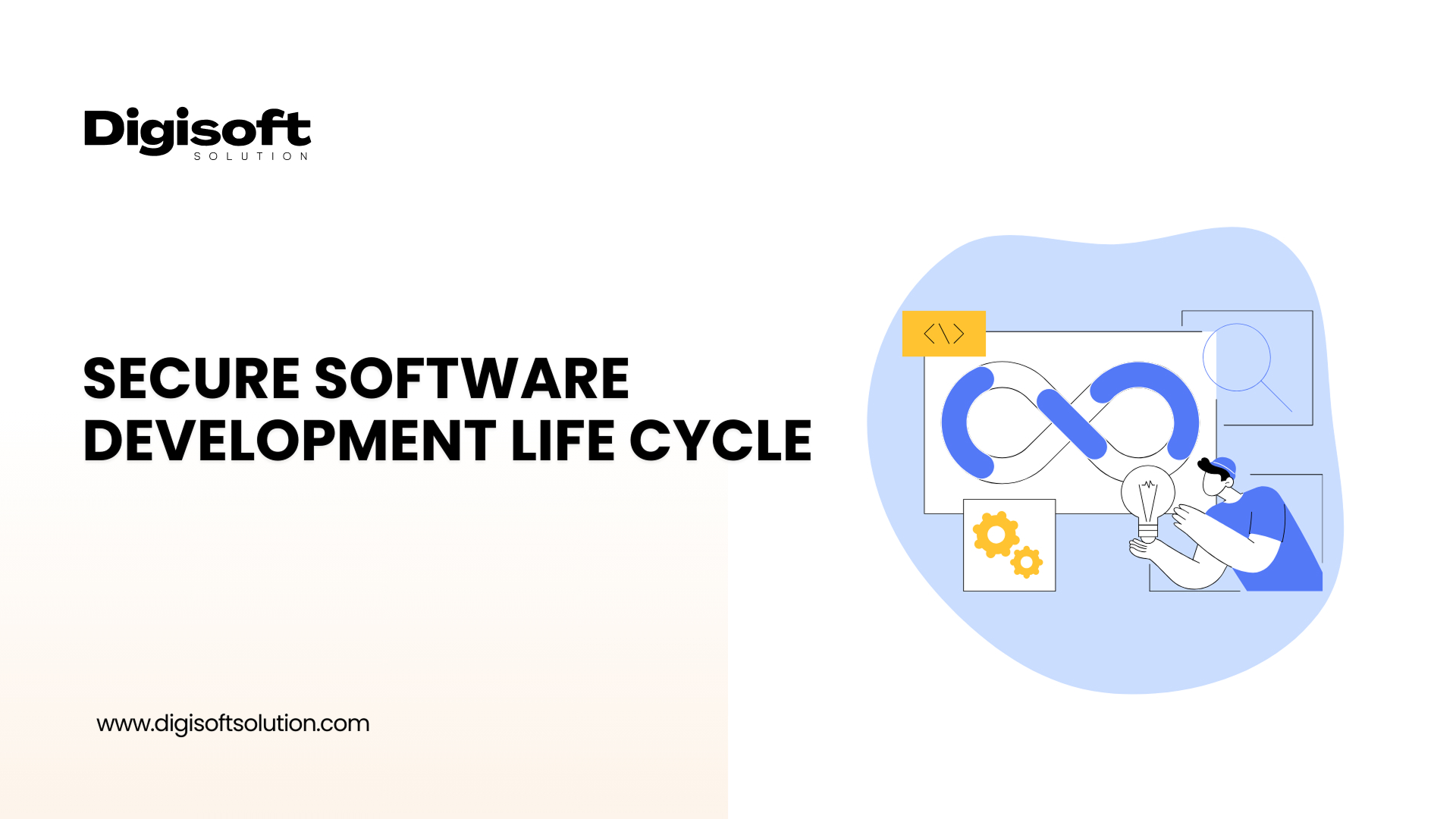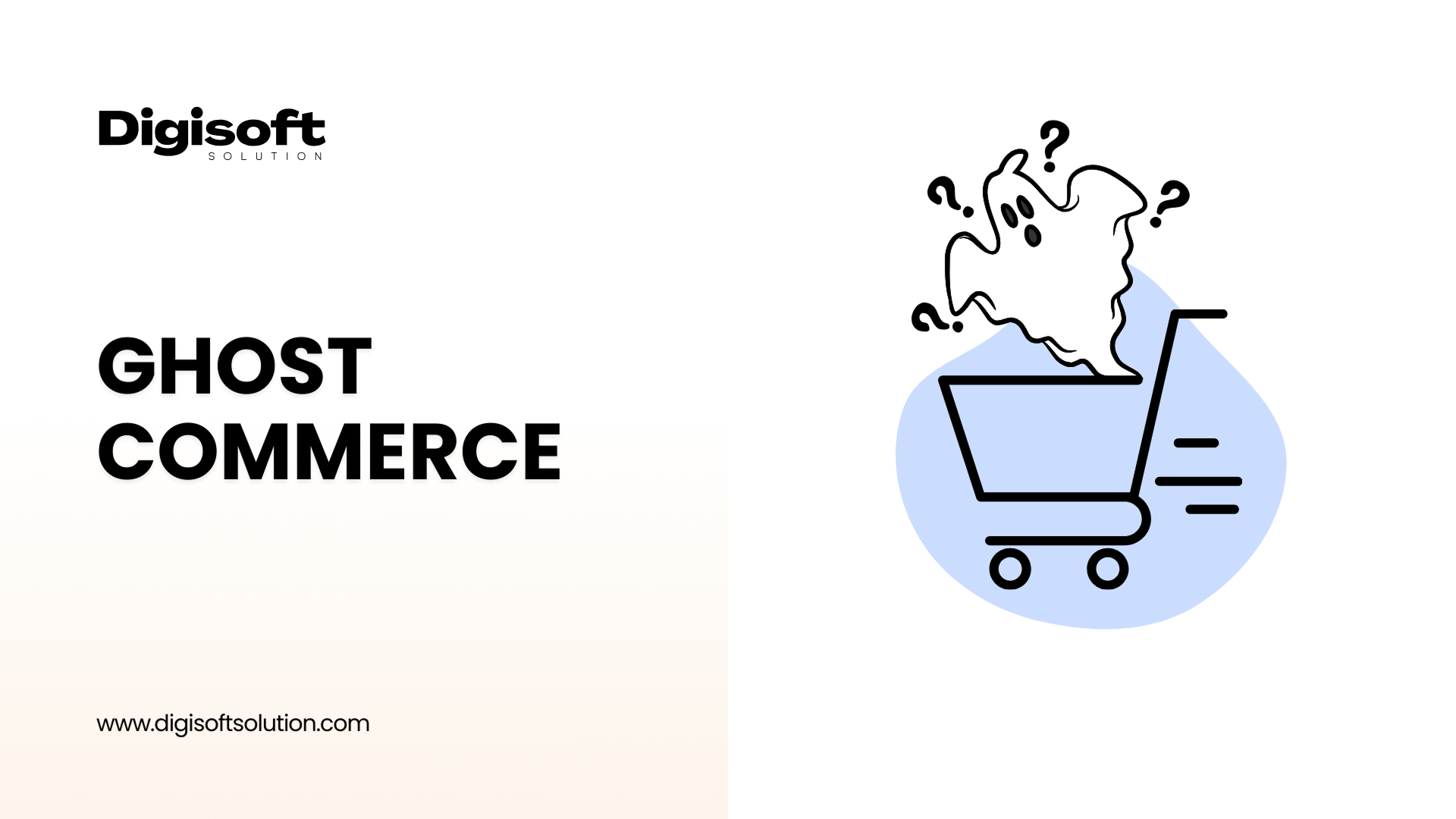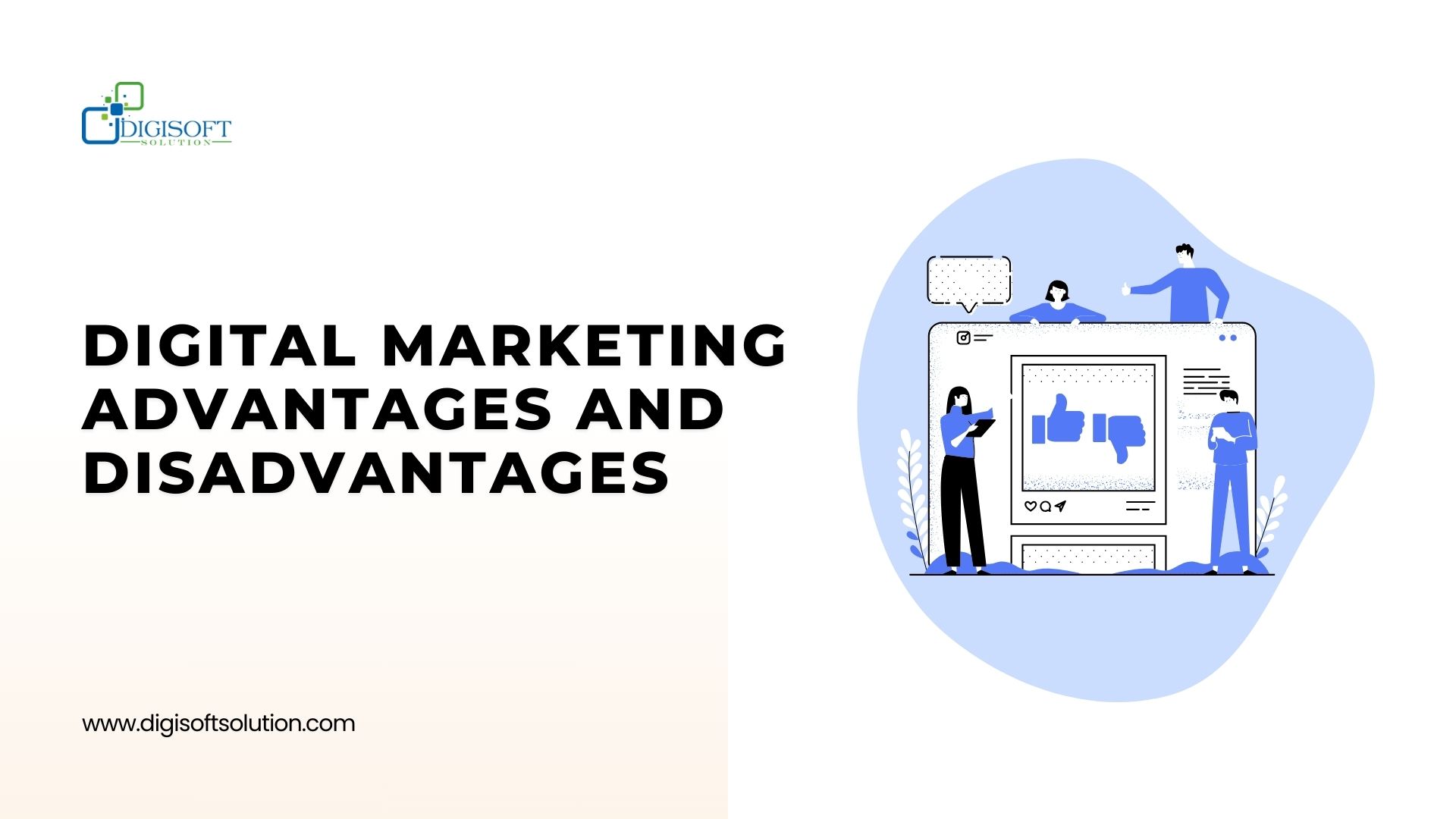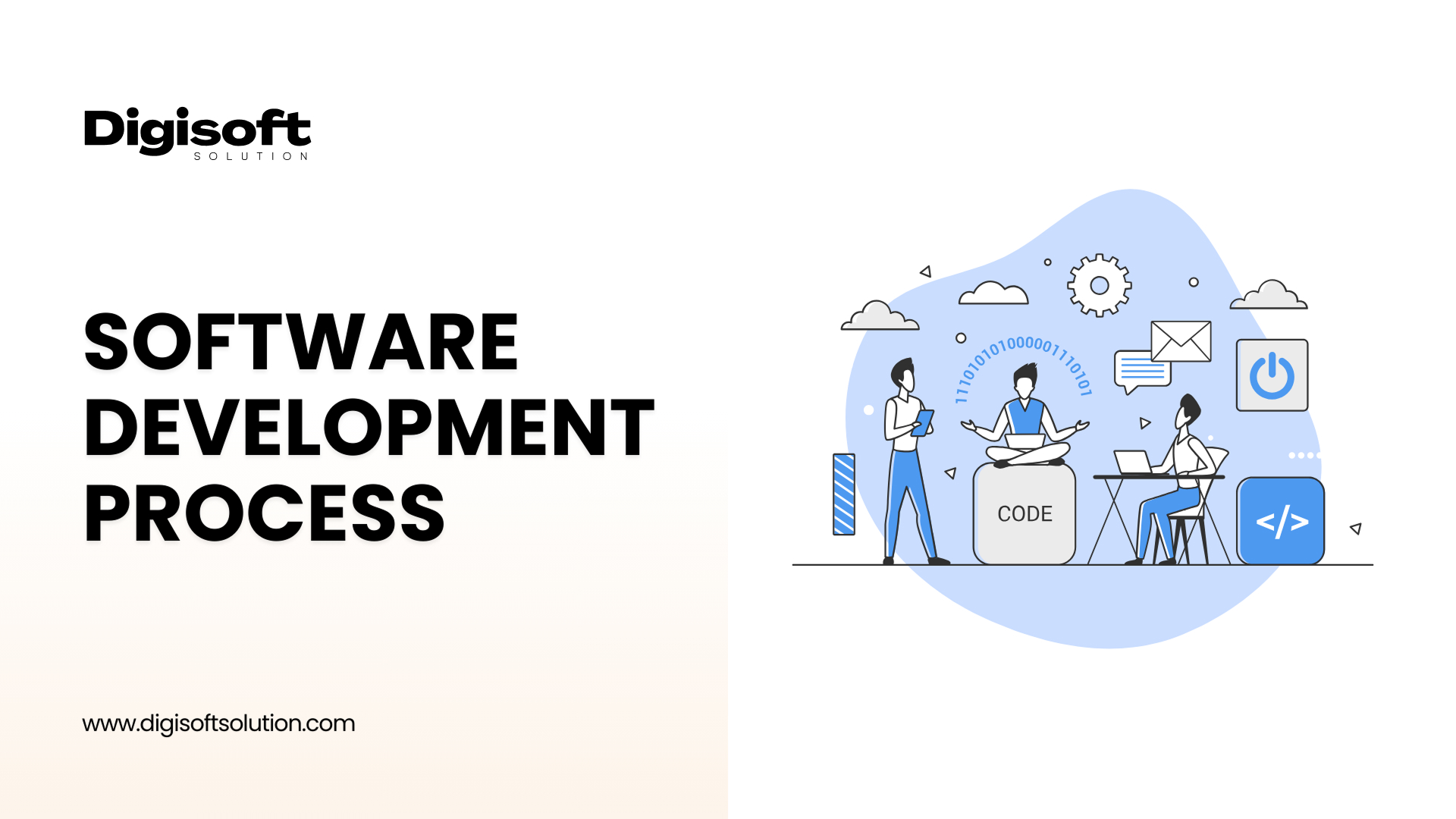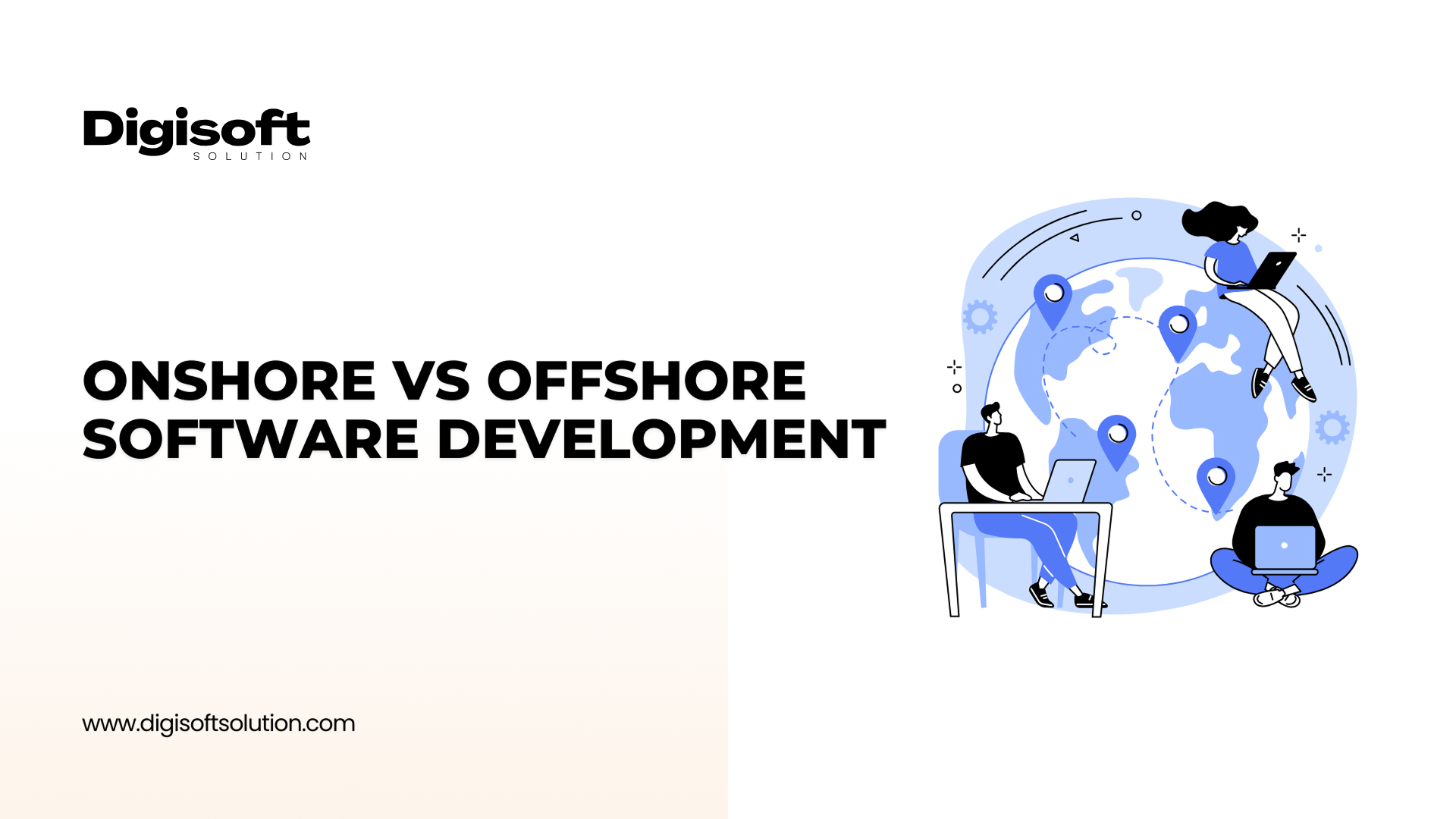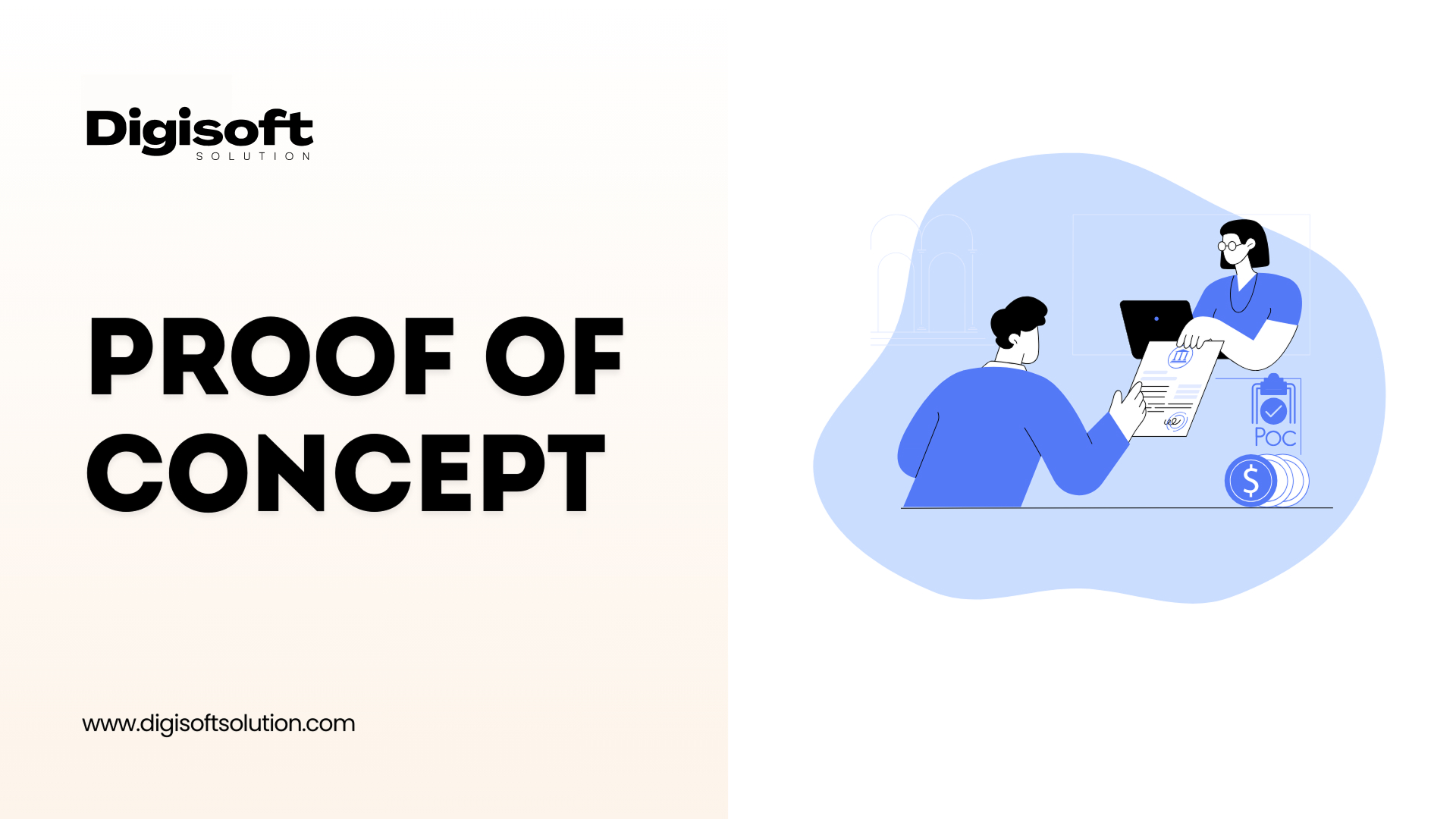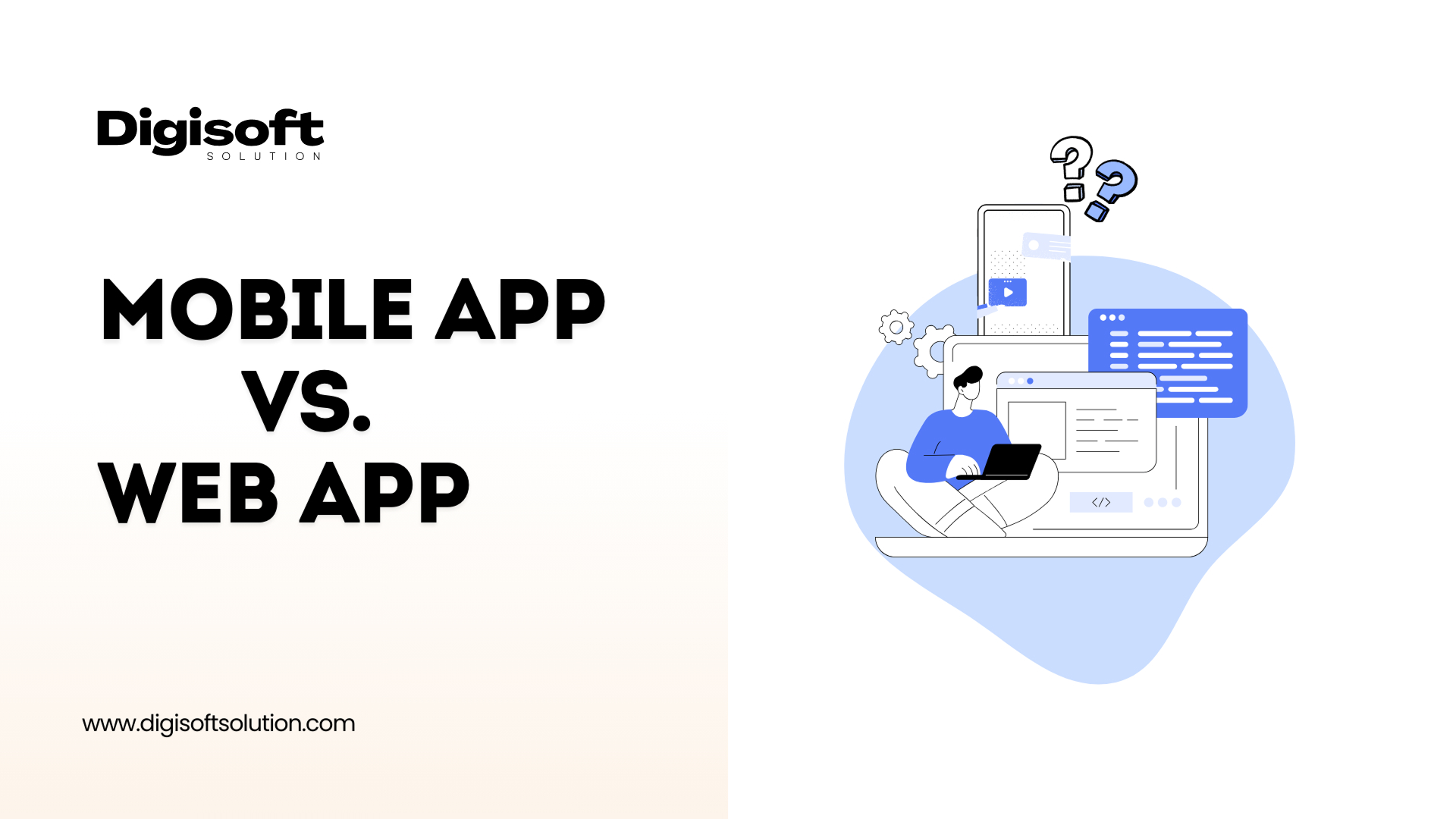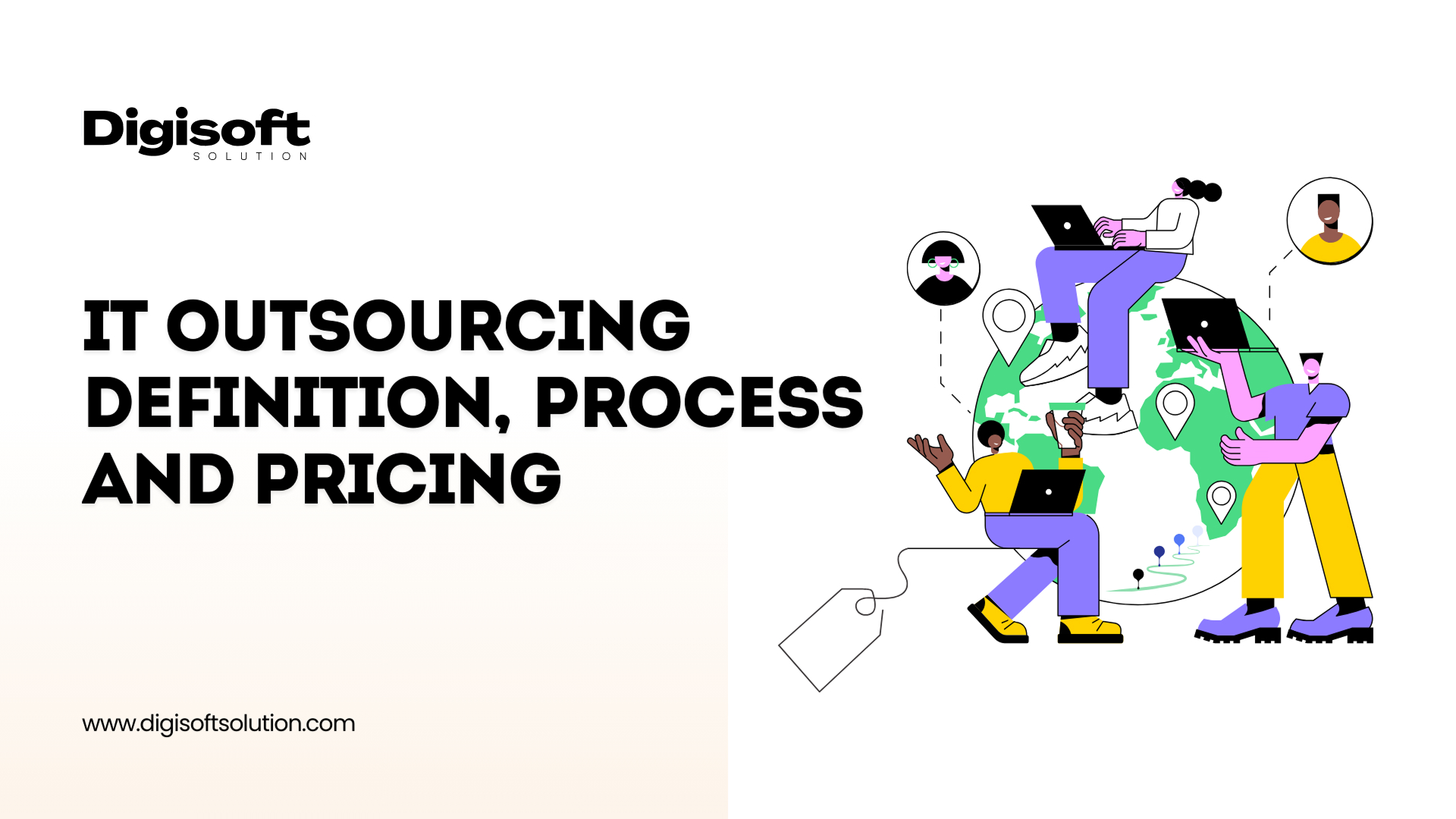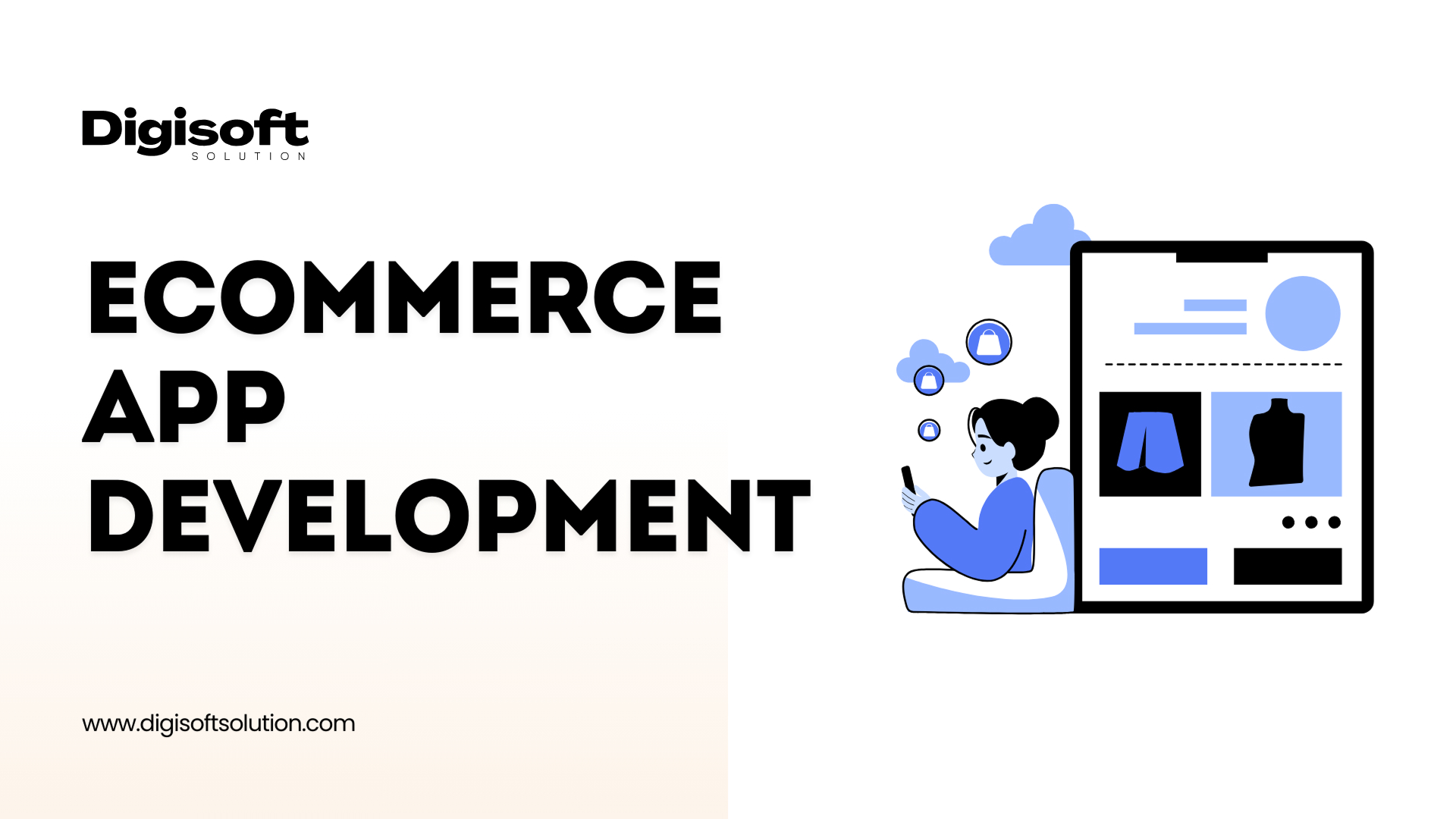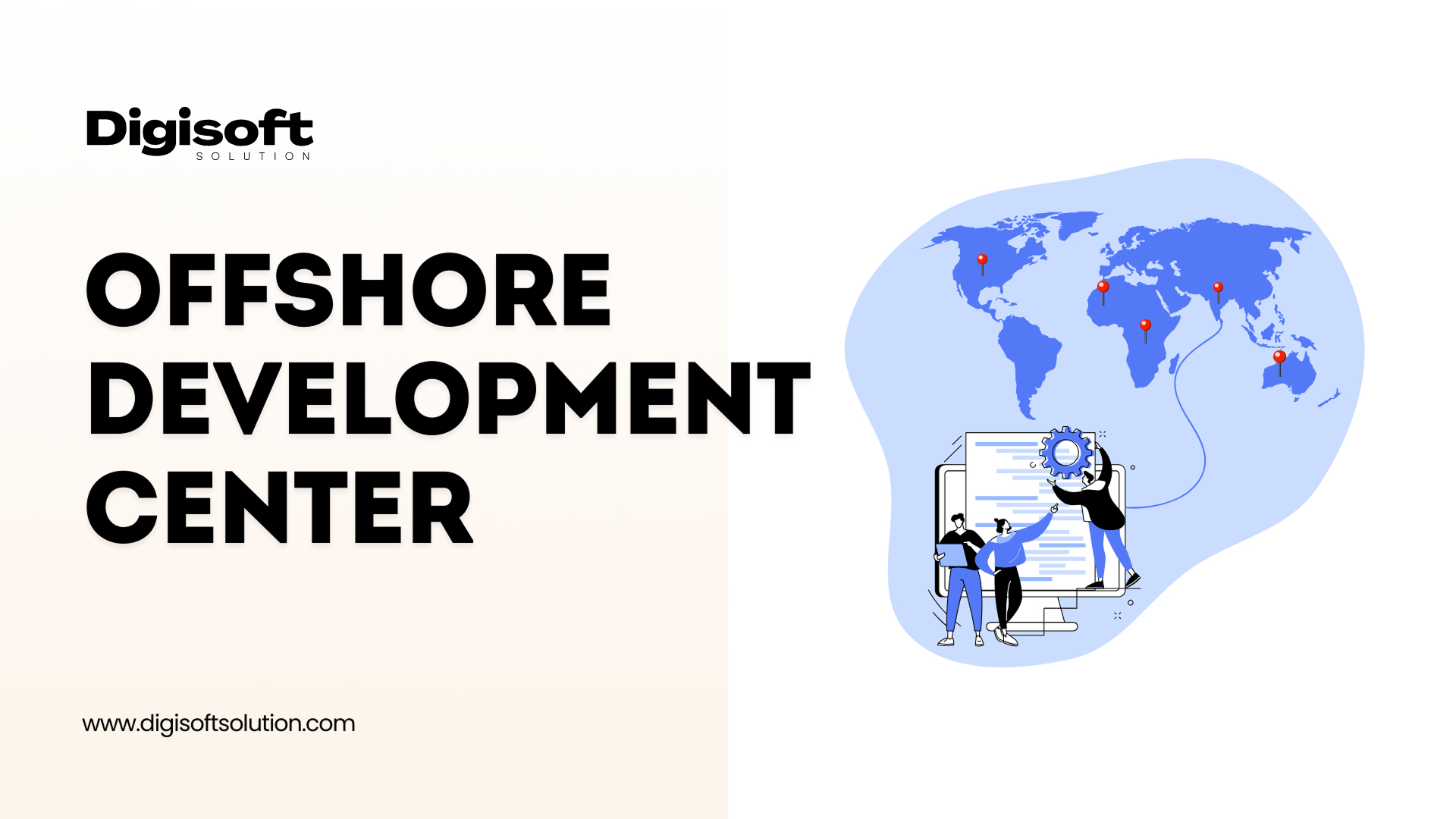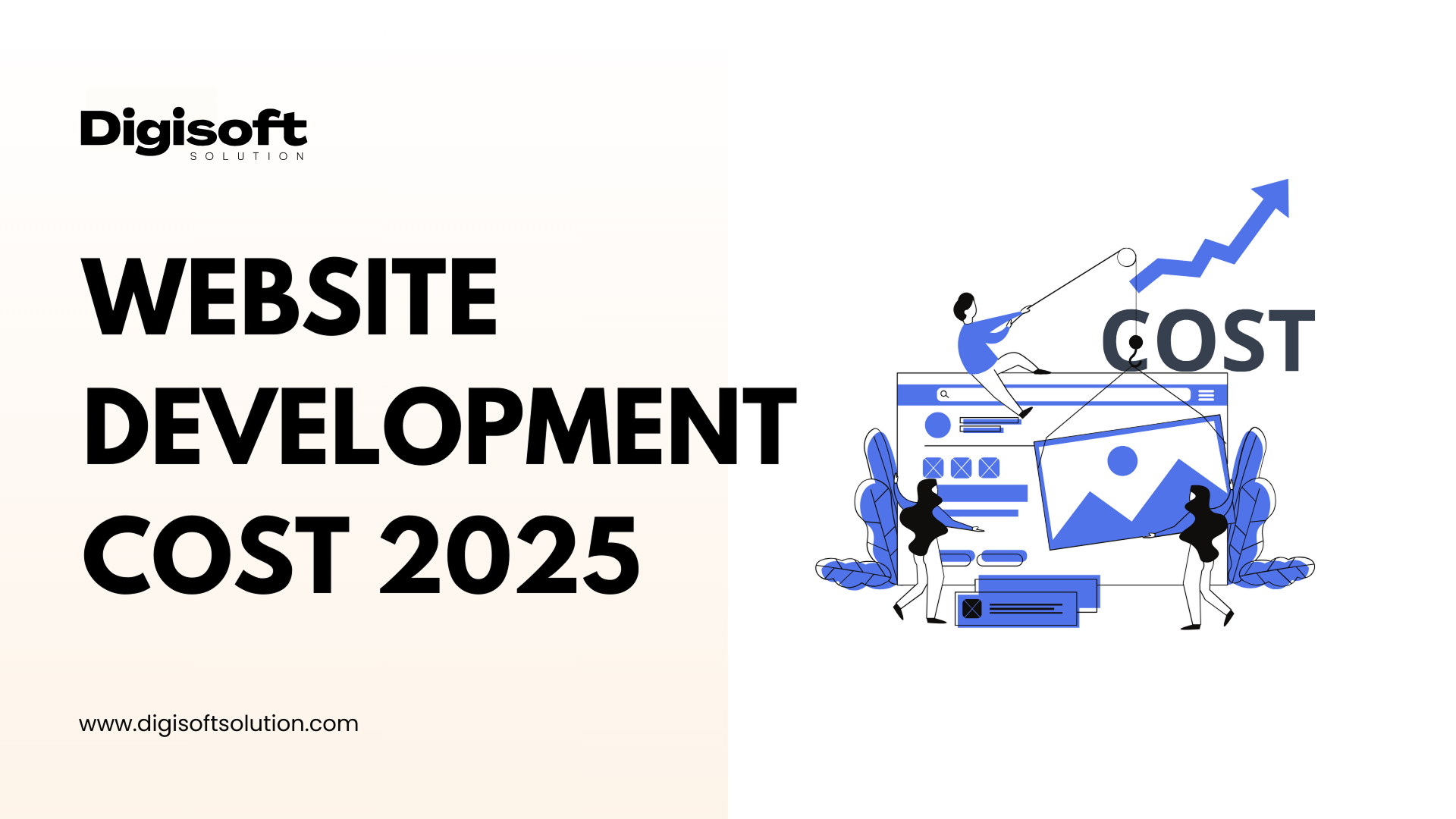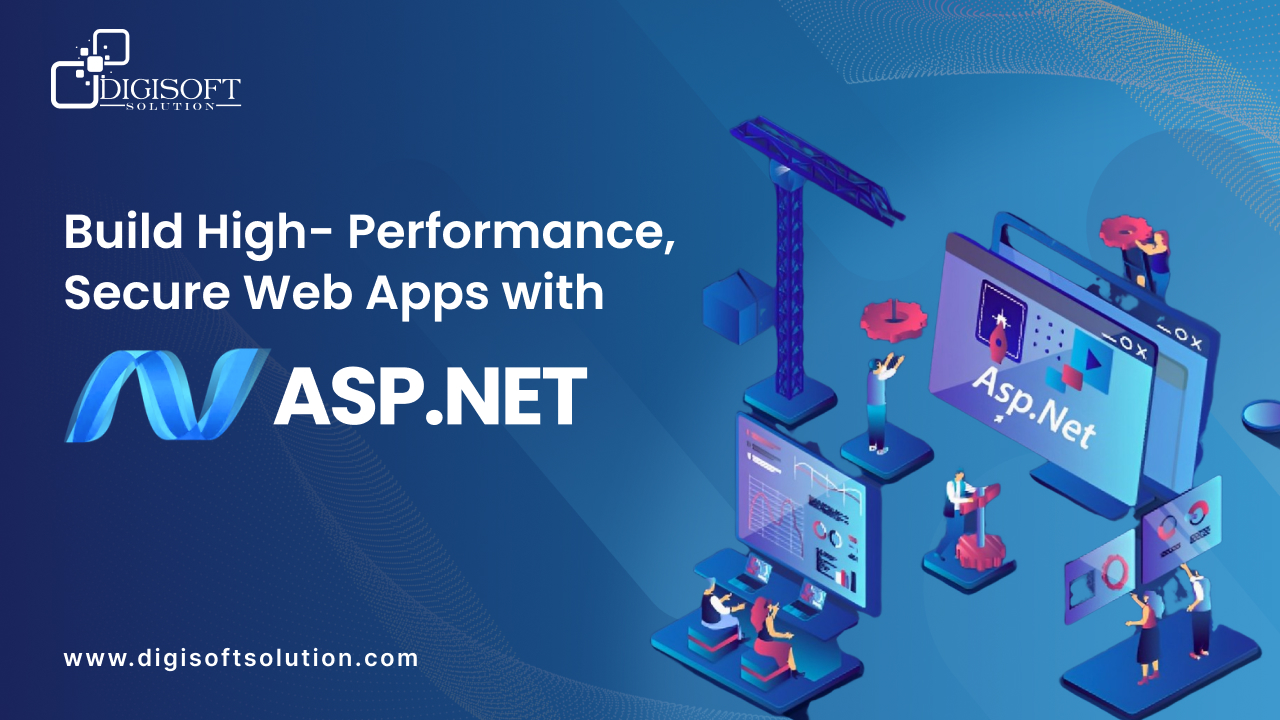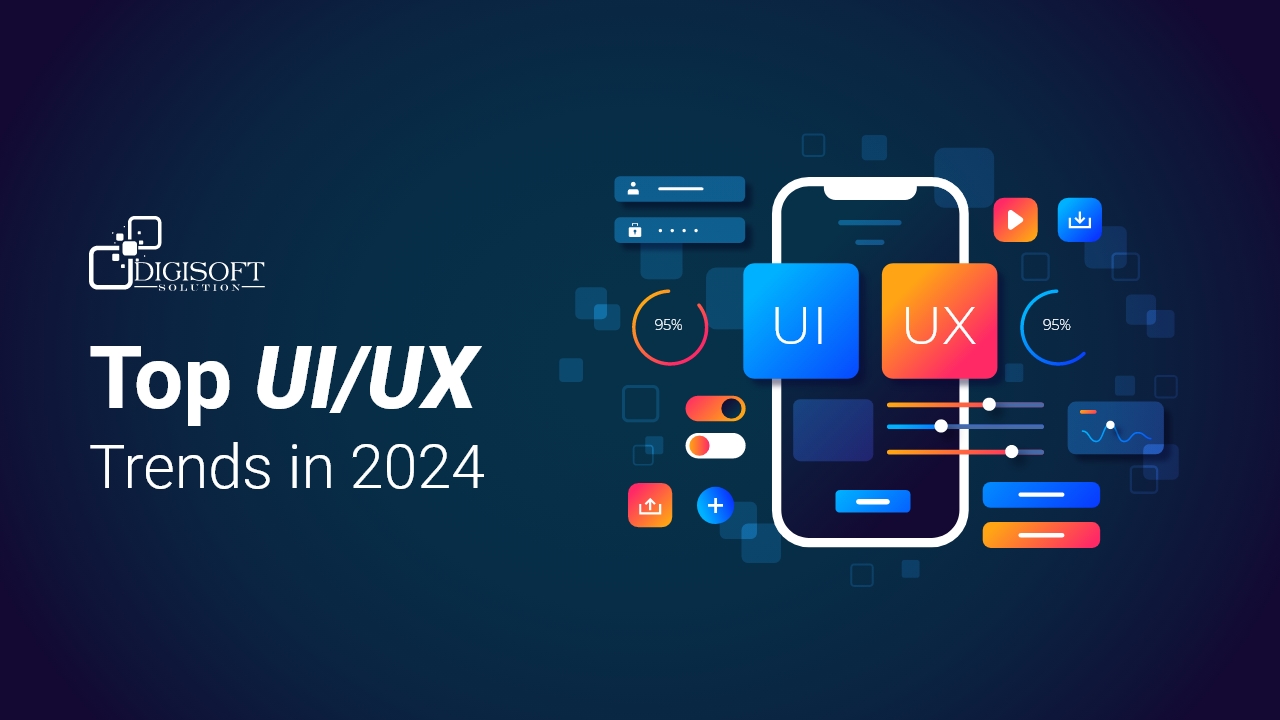Table of Content
- What is Healthcare Software Development?
- These applications are meant to facilitate the:
- Industry Outlook: Why Healthcare Software is Booming
- Key Benefits of Custom Healthcare Software Development
- Types of Custom Healthcare Software
- Must-Have Features in Custom Healthcare Software
- Key Considerations Before Starting Healthcare Software Development
- Cost of Healthcare Software Development
- Future Trends in Healthcare Software Development
- Why Select Digisoft Solution as Your Healthcare Software Partner?
- Conclusion
Digital Transform with Us
Please feel free to share your thoughts and we can discuss it over a cup of coffee.
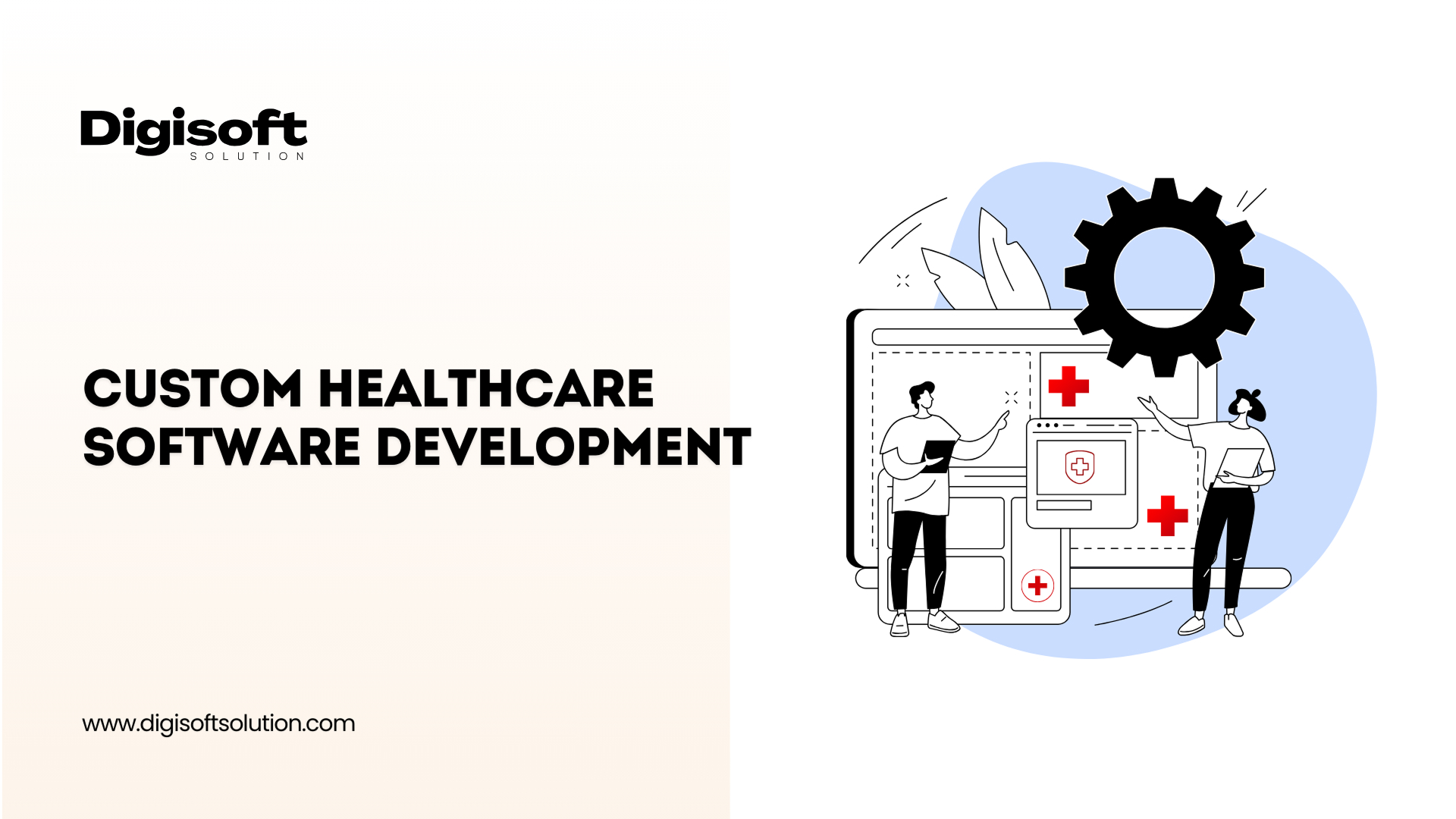
Healthcare software development is no longer a trend; it's a requirement. Healthcare organizations are under pressure to innovate and adapt to the rapidly shifting global healthcare landscape, where demand for digital-first, patient-centric, and transparency-focused approaches and solutions is on the rise. Whether it’s internal improvements to hospital operations, continuing graceful contentpath activities of workflow, or better diagnostics and patient engagement, custom healthcare software development is changing how we deliver healthcare.
For healthcare organizations that aim to evolve, it is important to collaborate corners about partnering with a healthcare software development company with experience in custom healthcare software. This in-depth guide from Digisoft Solution will help you develop the tools that you need to build effective, scalable, and secure healthcare solutions specifically for you.
What is Healthcare Software Development?
It is a vital process of designing, building, deploying, and maintaining software for the healthcare industry. Some of the examples here include EHR systems, telemedicine platforms, patient engagement tools, diagnostic applications, healthcare CRM solutions, etc.
These applications are meant to facilitate the:
- Clinical workflows
- Patient outcomes
- Administrative efficiency
- Data interoperability
- Regulatory Implications
Whether you are developing a telehealth platform or an in-house record system, a custom healthcare software development company would ensure that your particular purpose is best served by this solution.
Industry Outlook: Why Healthcare Software is Booming
The global healthcare IT market is soaring. Valued at $394.6 billion in 2022, it is expected to reach $974.5 billion by 2027. The key drivers of this unprecedented growth are:
- The COVID-19 pandemic and the urgent migration to digital
- The developed focus on Artificial Intelligence, Machine Learning, and Data Analytics
- Patient expectations for superior digital experiences
- Vehement requirements for data privacy and compliance
These factors are causing healthcare organizations to look towards custom software development for healthcare to develop systems that are secure, scalable, and highly functional.
Key Benefits of Custom Healthcare Software Development
Readily available goods might appear convenient, but it's difficult to match the accuracy and adaptability of custom healthcare software development. Let's examine the main advantages:
- Custom Workflow: Each healthcare organization has different workflows. Custom software is built to fit into your workflow so that you don't have to change your organizational workflows.
- Integrated Software: Custom software is designed to fit with your existing systems, such as EHRs, lab software, billing modules, and CRMs. This makes it easy to connect everything smoothly and share data without issues.
- Built for Compliance: A healthcare software development company knows compliance regulations like HIPAA, HL7, and GDPR. A compliant solution is built to be compliant from Day 1.
- Scalability: Your software needs to grow as your organization grows. Custom platforms can leave room for growth of additional users, more features, and more integrations.
- Custom Security: Custom software can allow for custom security protocols that are specific to healthcare. Those include, but are not limited to, access control, encryption of data, logs of audits, and multi-factor authentication.
- Cost Efficiency: You may pay more up front, but custom healthcare solutions do not have licensing fees to maintain, and they reduce waste by being designed for efficiency, which can save money in the long run.
These benefits clearly illustrate why many organizations are turning to healthcare software development companies rather than using generic software solutions.
Types of Custom Healthcare Software
Healthcare software can be divided into many areas based on operational or clinical needs. Some of the major types of healthcare software include:
- EHR and EMR systems
- Telemedicine apps
- Health tracking and fitness apps
- Medical billing software
- Healthcare CRM software development
- Patient engagement platforms
- e-Prescription systems
- Remote patient monitoring software
- Clinical decision support software
By collaborating with a qualified healthcare software developer, you can establish the correct and customized solution for your individual healthcare delivery model.
Must-Have Features in Custom Healthcare Software
Regardless of the system, there are core features that every custom healthcare software development project must include to be successful. These include:
|
Feature |
Purpose |
|
Patient Registration |
Secure onboarding of patients |
|
Appointment Scheduling |
Real-time availability and booking |
|
Electronic Health Records (EHR) |
Centralized patient data management |
|
HIPAA-Compliant Data Handling |
Secure data storage and access |
|
Voice/Video Consultations |
Enabling telehealth capabilities |
|
Analytics & Reporting |
Data-driven decision-making |
|
Chat Support & Virtual Assistants |
Real-time assistance for patients |
|
Wearable Integration |
Sync data from devices for remote monitoring |
|
Payment Gateway |
Easy, secure billing and invoicing |
|
Alerts & Notifications |
Medication and appointment reminders |
|
Cross-Platform Accessibility |
Available on mobile, desktop, and tablet |
Key Considerations Before Starting Healthcare Software Development
Build a secure, stable healthcare software solution. It is more than just coding-a lot of strategic elements come into play. Few key factors to consider are:
- Regulatory Compliance: A Software should comply with HIPAA, HL7, FHIR, GDPR, and other regulatory frameworks. Therefore, the web development company should be completely conversant with these standards.
- Security: Patient data is very precious and should never get out. Use encryption, access controls, or vulnerability tests for your systems.
- User Experience: Design user interfaces by keeping in mind the end-user, such as patient, doctor, or administrative staff. Good UI/UX is necessary for mass acceptance.
- Functionality: Your solution should be able to absorb the increased user load and be further enhanced to support new features in the future.
- Interoperability: This software can collaborate with established hospital systems such as laboratories, pharmacies, and third-party applications.
- Vendor Experience: Ensure you acquire healthcare software development services from a team that has proven existing experience of your domain and can deliver end-to-end solutions.
Cost of Healthcare Software Development
The price tag for custom healthcare software development will depend on project scope, team size, products, and compliance needs.
|
Type of App |
Estimated Cost |
|
Telemedicine App |
$30,000 - $100,000 |
|
Medical Billing App |
$35,000 - $85,000 |
|
Wellness App |
$30,000 - $150,000 |
|
E-Prescription App |
$40,000 - $75,000 |
|
Healthcare CRM Development |
$30,000 - $100,000+ |
By working with an offshore custom healthcare software development company like Digisoft Solution will lower your development costs without sacrificing quality.
The Custom Healthcare Software Development Process
Collaboration with a credible healthcare development firm such as Digisoft Solution will enable you to use an organized process following industry standards to assure compliance, functionality, and, in essence, success.
- Assess Requirements: Decide clearly upon who the software users are, what problems they have, and what exactly the software is going to provide.
- Planning: Outline the user flows, build UI/UX wireframes, prototype the solution and gather stakeholder feedback.
- Development: Make your software using modern frameworks, databases, and tech stacks, taking security and performance into account.
- Testing: Function and security must be tested to verify the solution is safe and has minimal bugs.
- Progress: You can deploy your app in a secure place or environment with all integrations and linkages.
- Maintenance & Support: As needs change, you will potentially have to continue to optimize and update your platform.
Future Trends in Healthcare Software Development
As we move deeper into 2026, the future of healthcare software product development will be shaped by technology like:
- AI & Machine Learning: AI will help precision medicine and predictive healthcare from diagnosis to treatment planning.
- Cloud-Native Architecture: These types of solutions are economical and will dominate the healthcare industry in IT infrastructure.
- Remote Patient Monitoring: Wearables and mobile apps will offer physicians and caregivers with real-time updates about health.
- Chatbots & Virtual Assistants: AI will power patient support 24/7 and include appointment scheduling or reminders for medication, etc.
To keep up with these trends, you need to collaborate with creative healthcare software developers who develop software with a forward-thinking approach.
Why Select Digisoft Solution as Your Healthcare Software Partner?
At Digisoft Solution, we provide custom healthcare software development services in support of your goal to provide excellent patient care. Here's our value proposition:
- Over 10 years of experience in the industry
- Team of specialist healthcare software developers
- HIPAA, HL7, FHIR, and GDPR compliant
- Proven history of success in telemedicine, EHR, and CRM systems
- Secure solutions for hospitals, clinics, and startups
- Clear and upfront pricing and on-time delivery
We build more than just apps. We build healthcare ecosystems designed to have an impact.
Conclusion
Healthcare software development is reshaping the delivery and clinical management of care. Entering the year 2026, therefore, beyond mere operations digitalization, there is the realm of creating custom, intelligent, and potentially scalable solutions to support healthcare professionals and patients alike.
From the perspective of a hospital administrator or clinic owner to a health-tech startup, custom healthcare software developments stand to further pave the road to increased patient outcomes, operational efficiency, and regulatory compliance.
Digisoft Solution happens to be the company you want to entrust to carry you through your digital transformation in the healthcare realm.
Are you set to stir things up in your healthcare services with innovative custom software?
Call us today, and the consultation will be complimentary.
Digital Transform with Us
Please feel free to share your thoughts and we can discuss it over a cup of coffee.

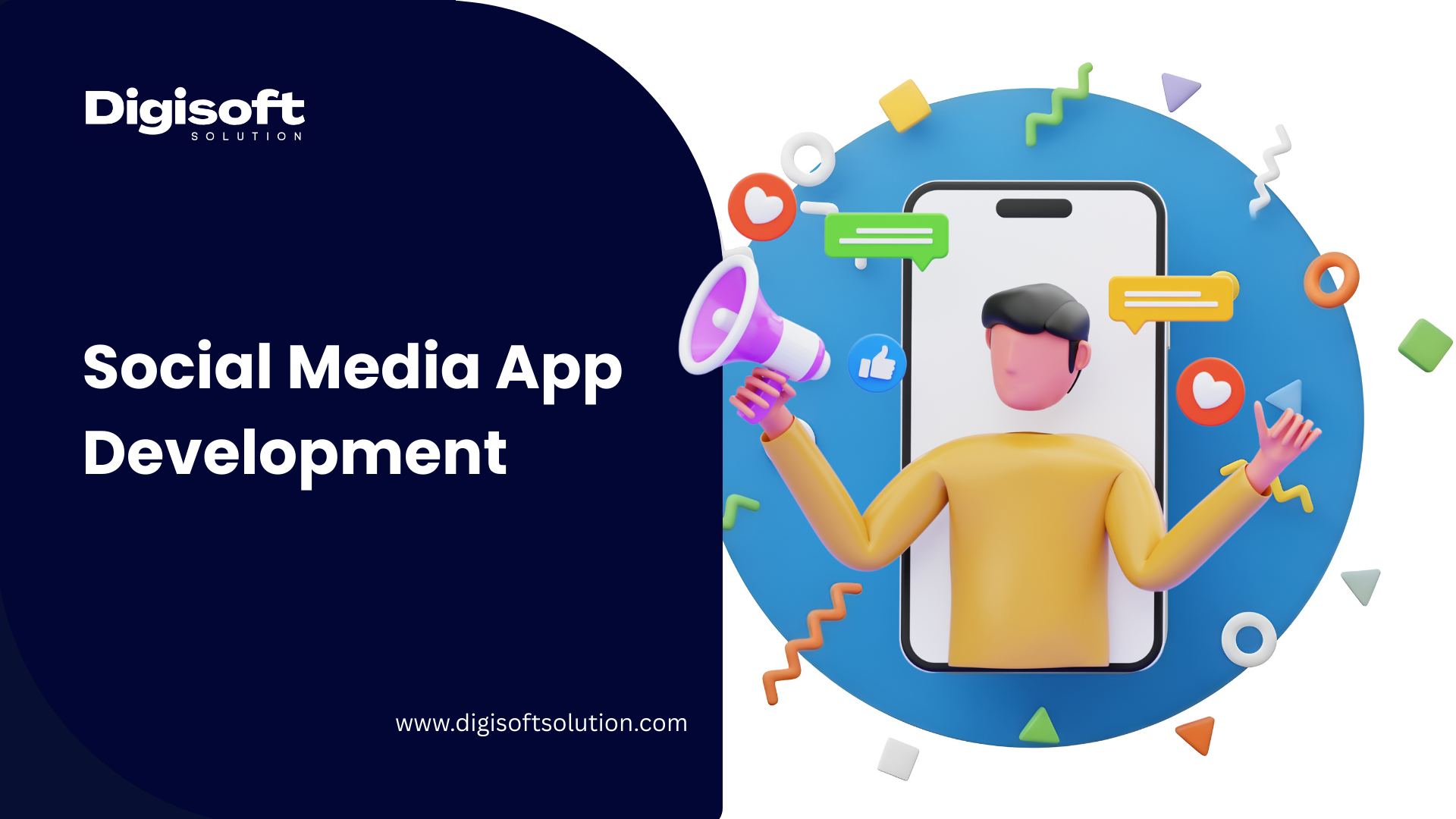


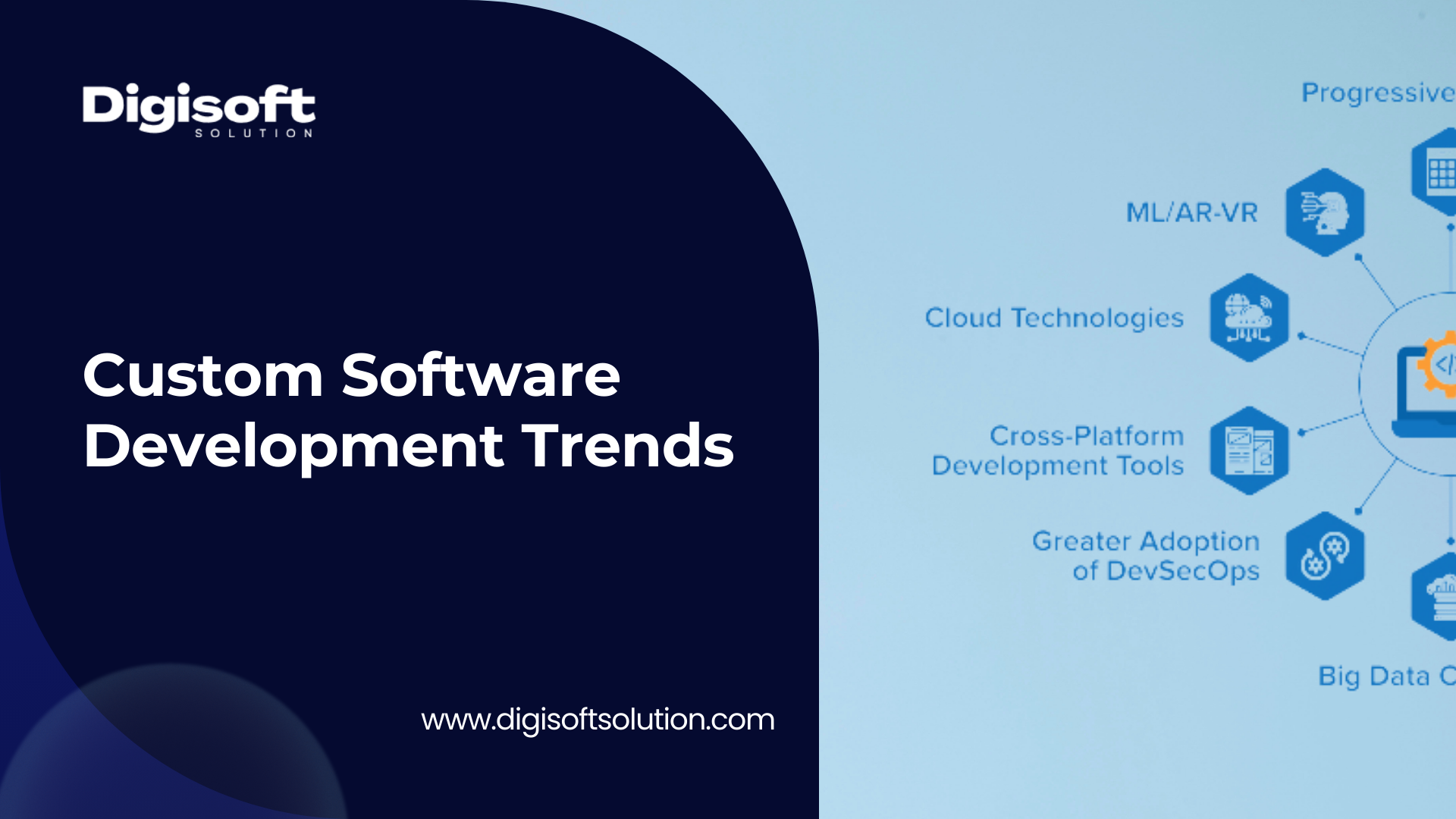

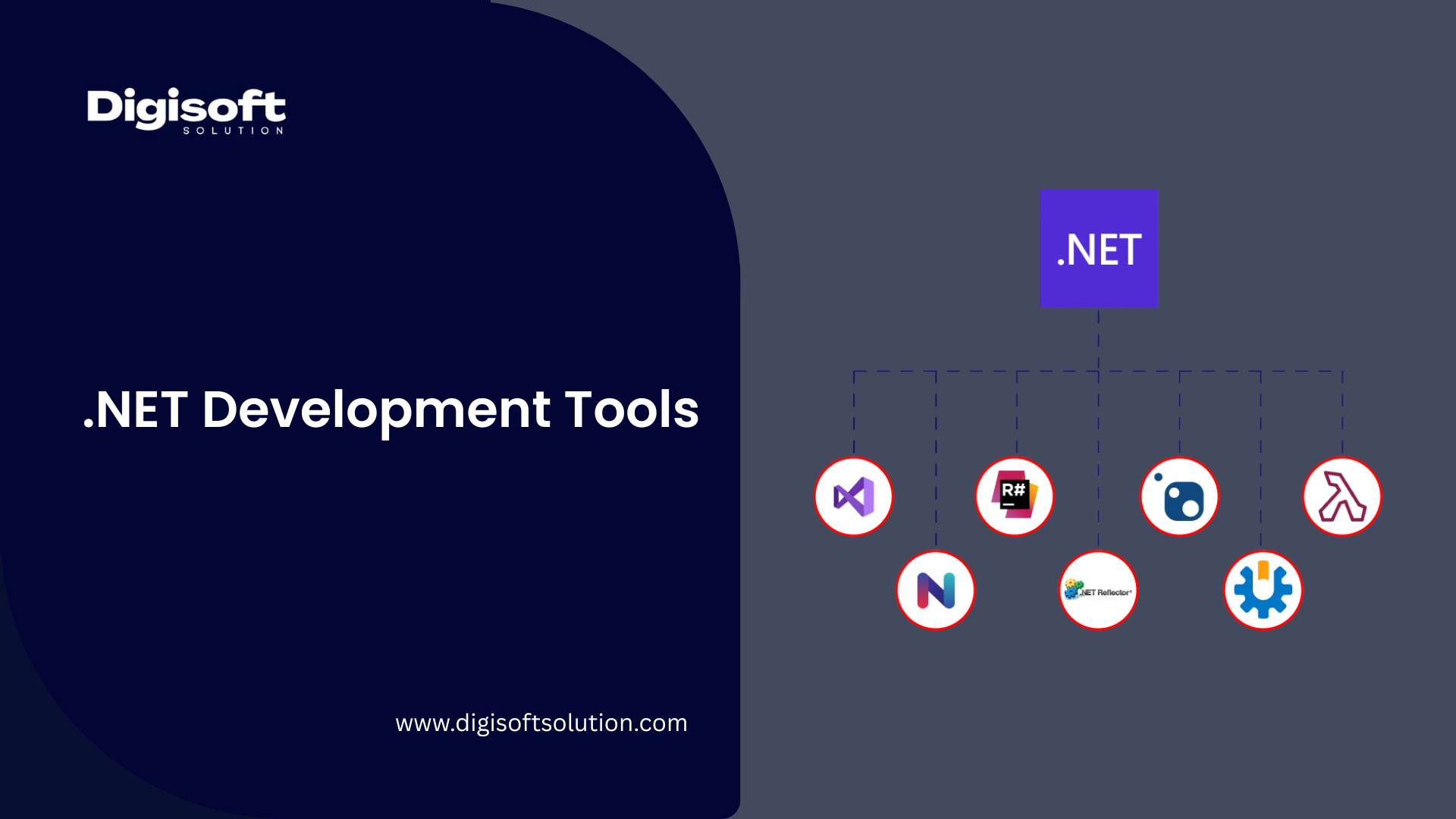





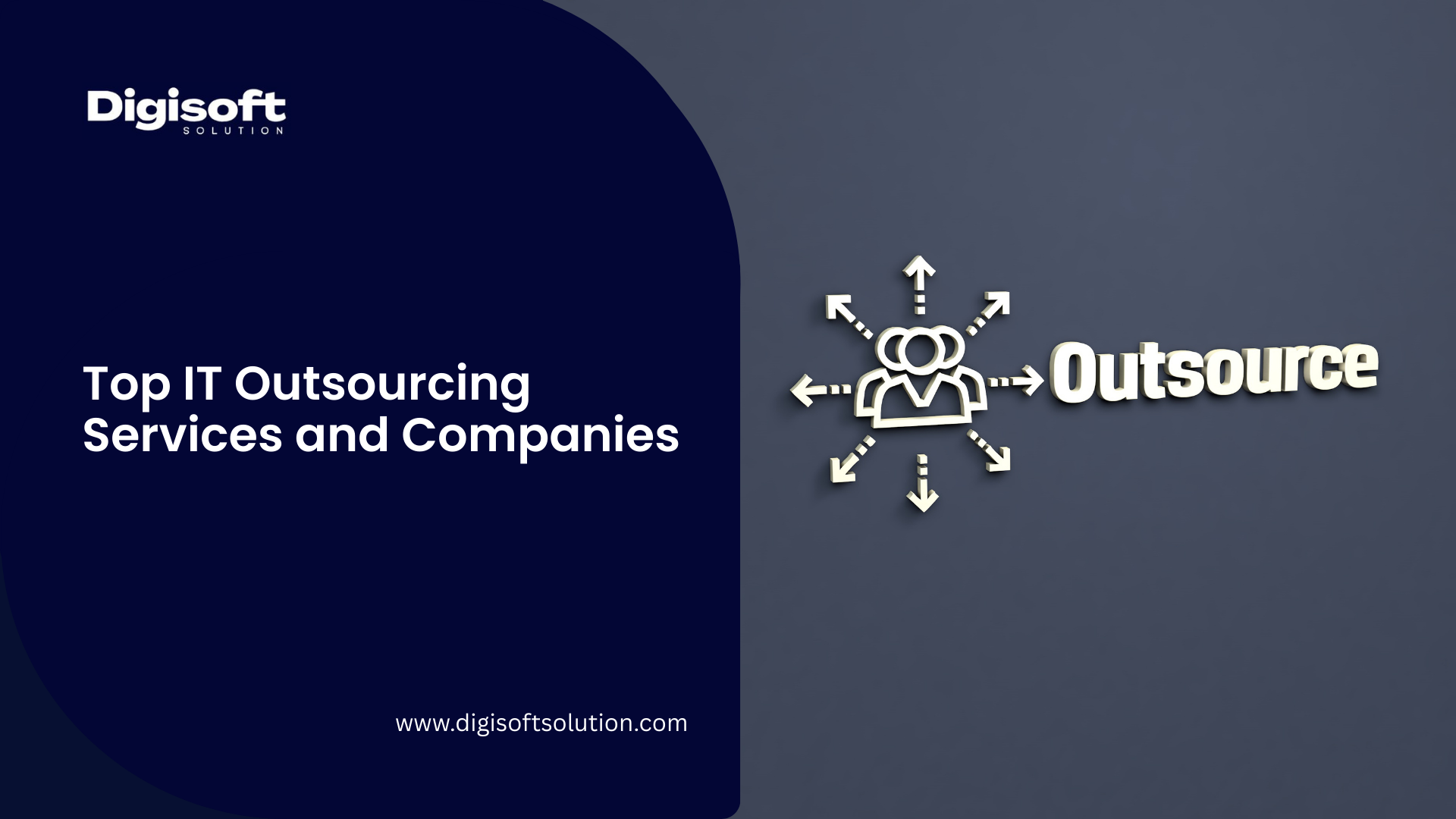


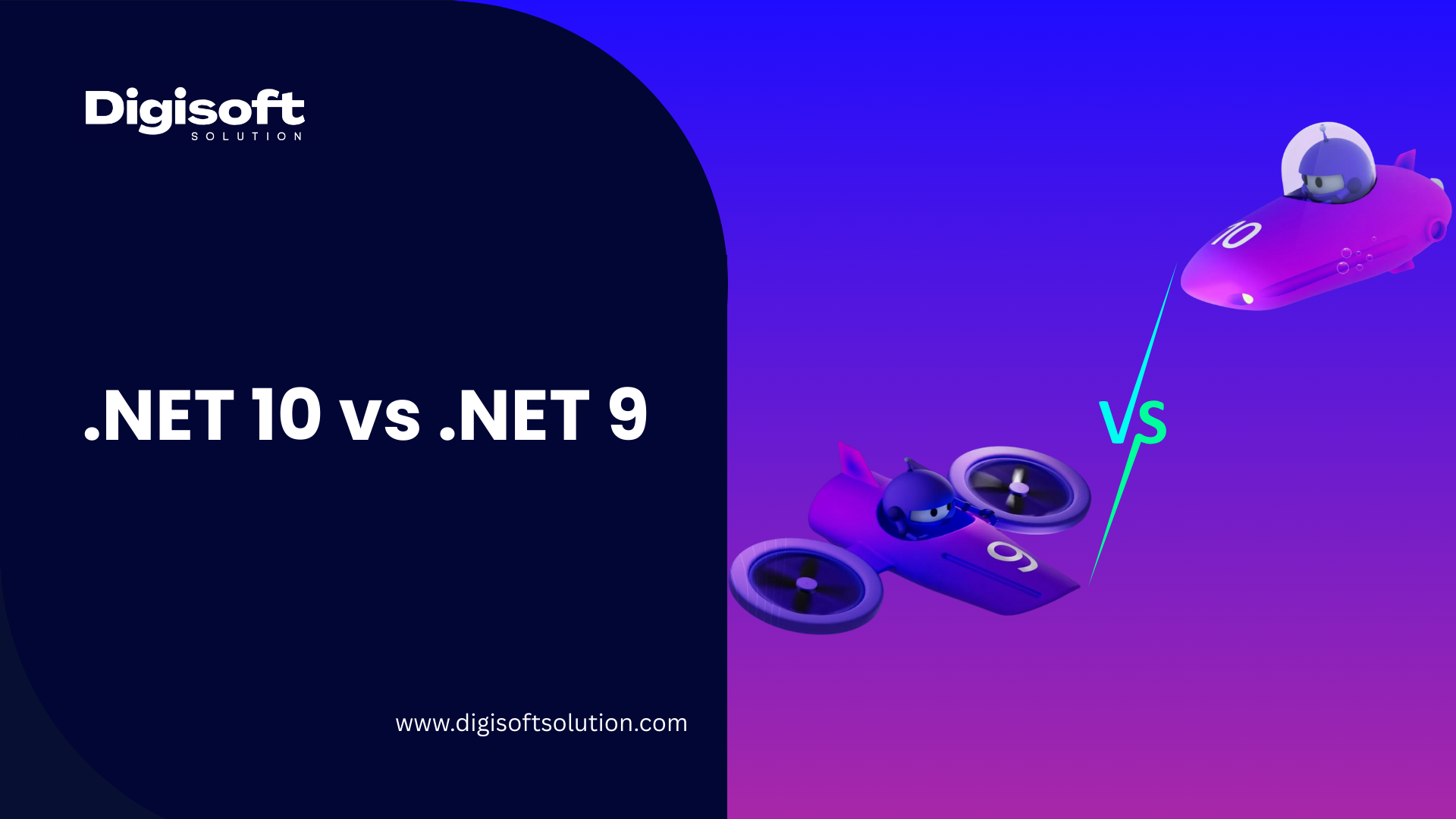









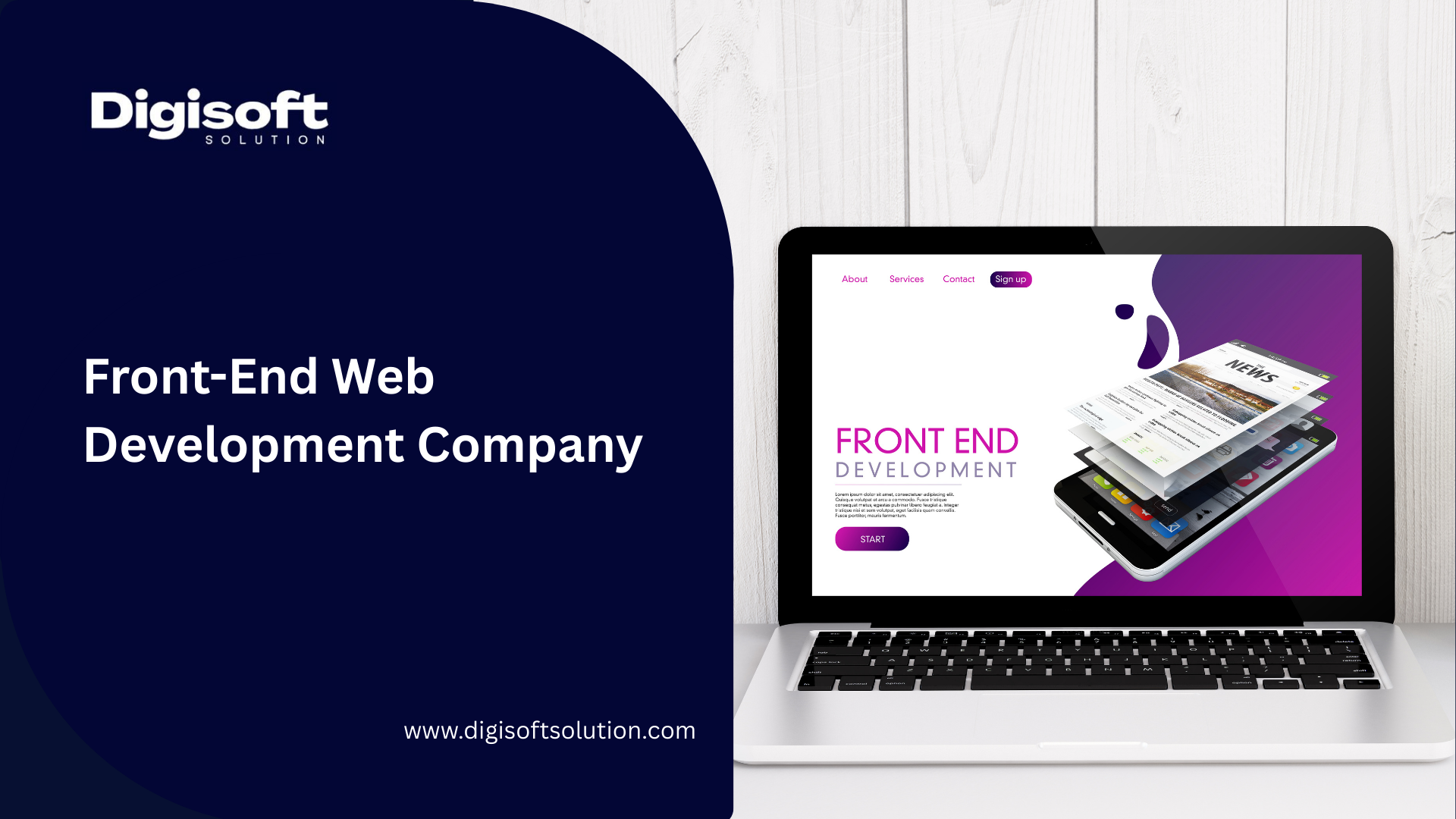



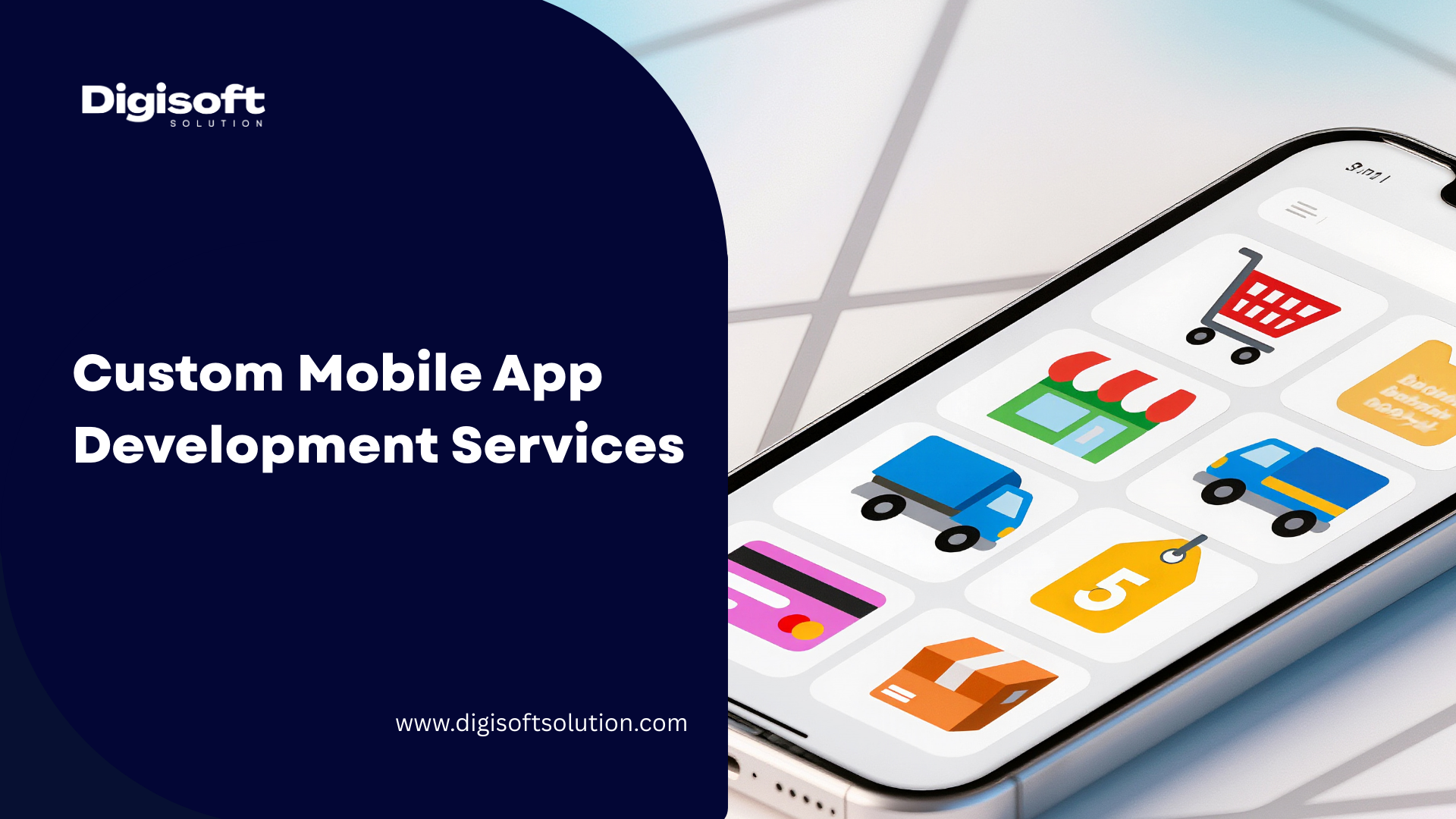



































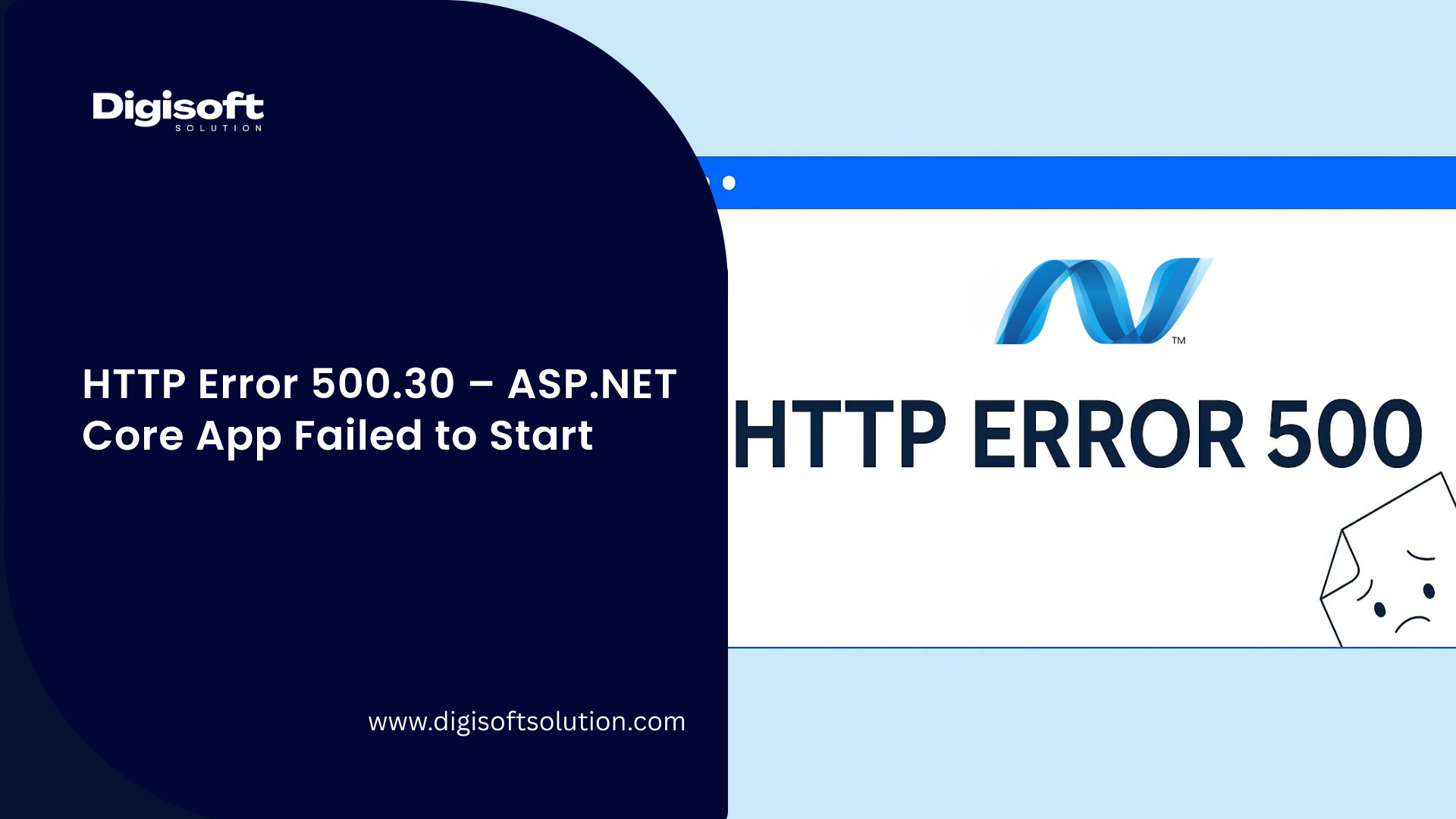
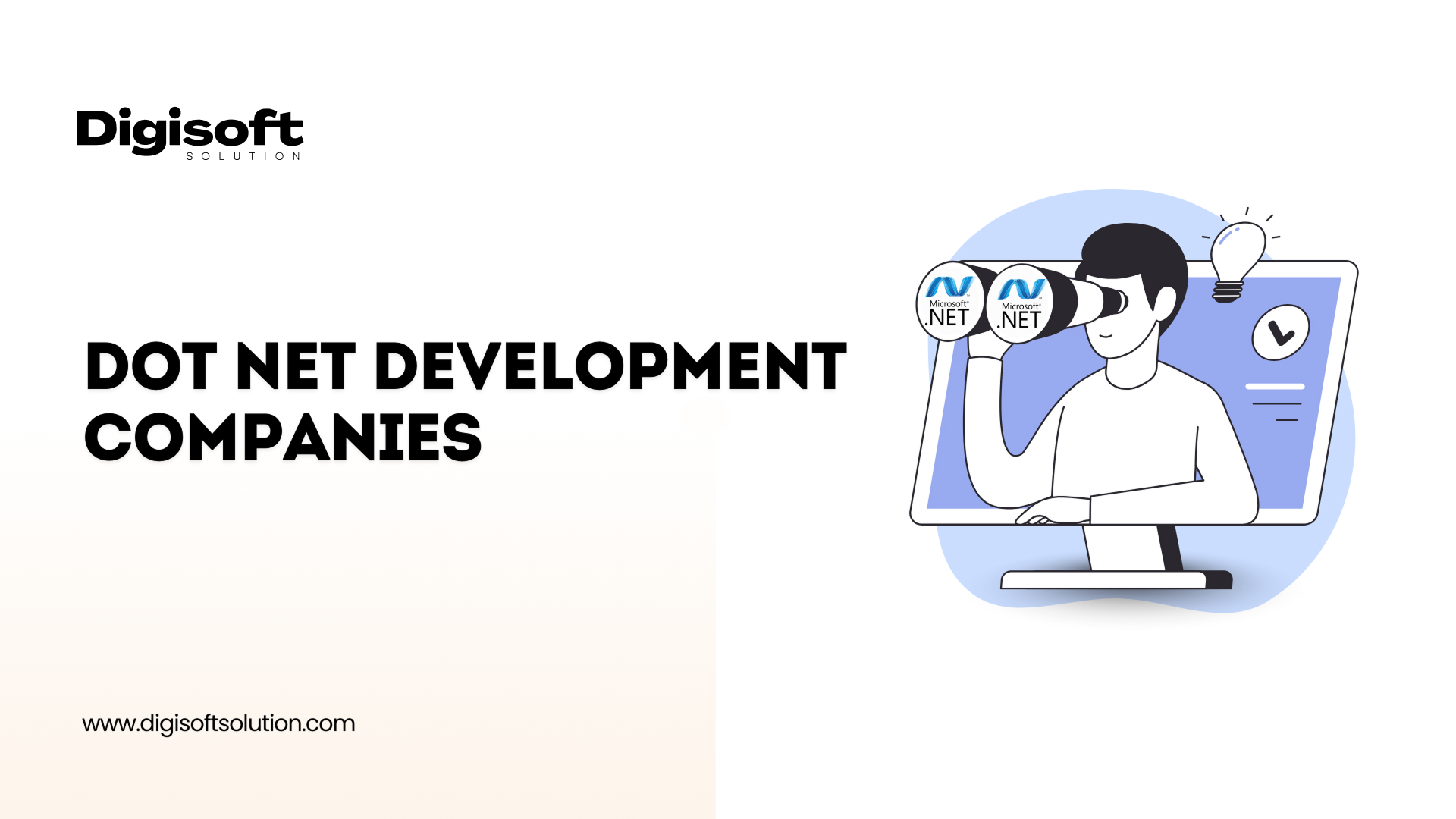
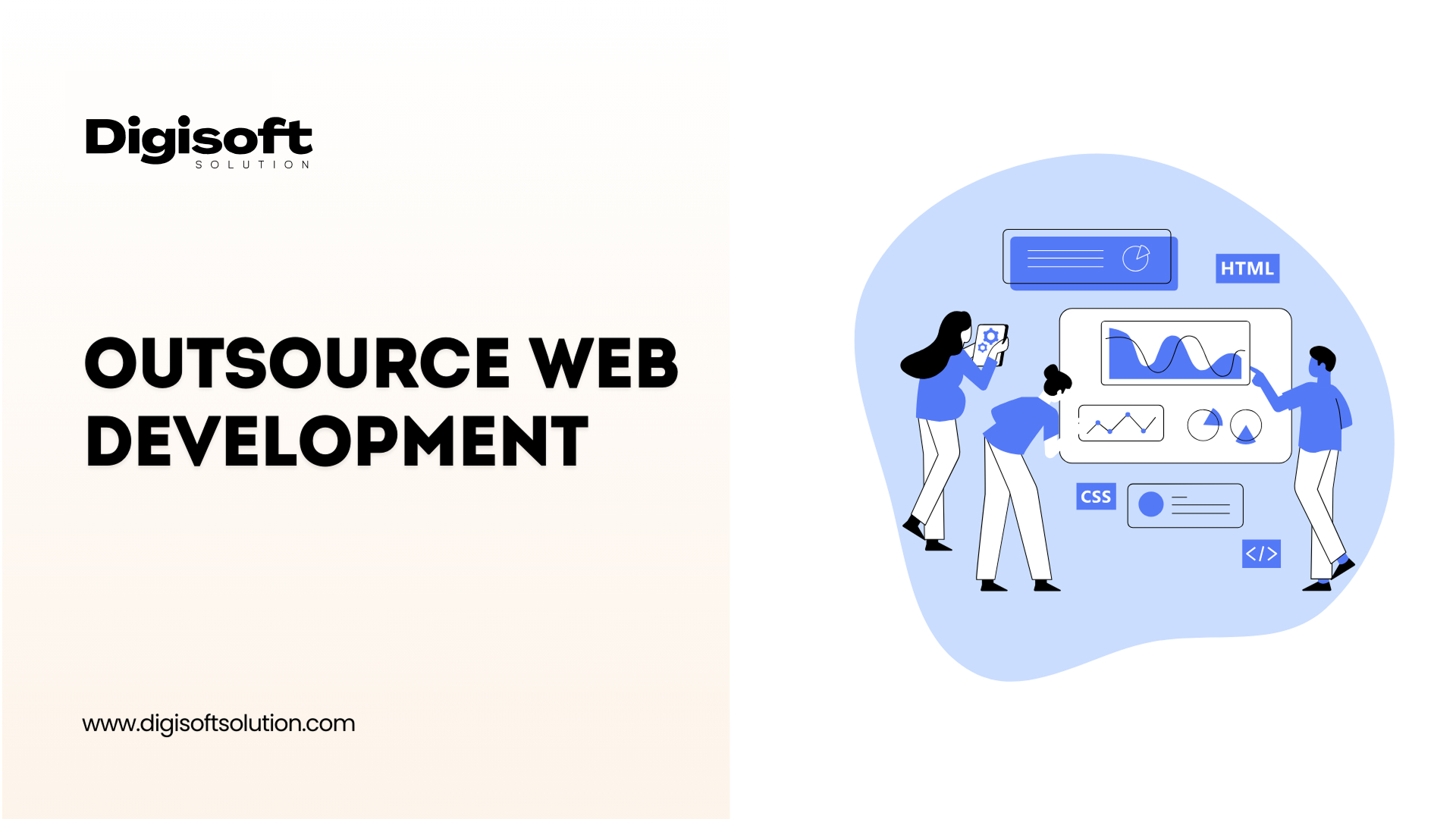
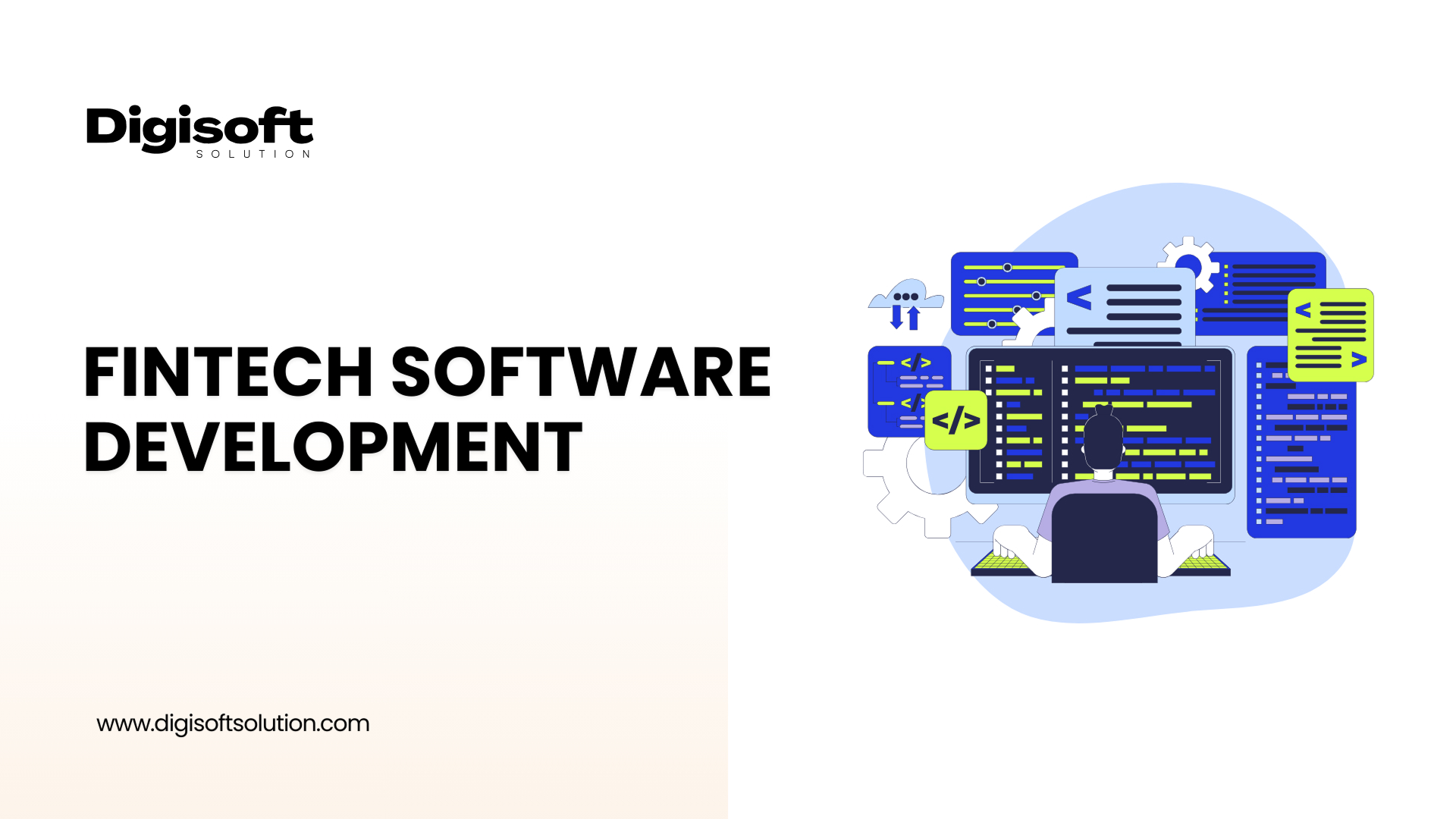
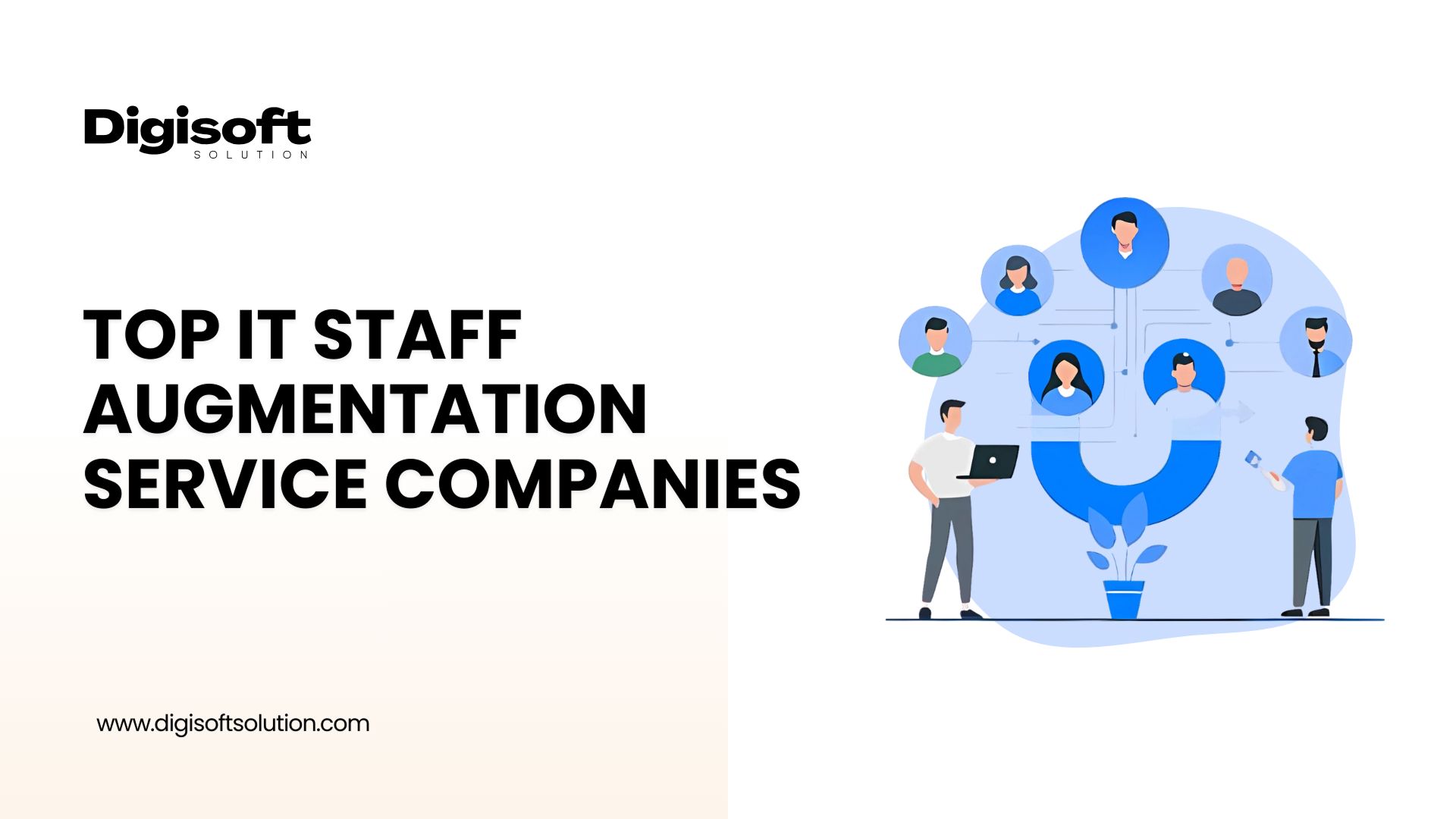
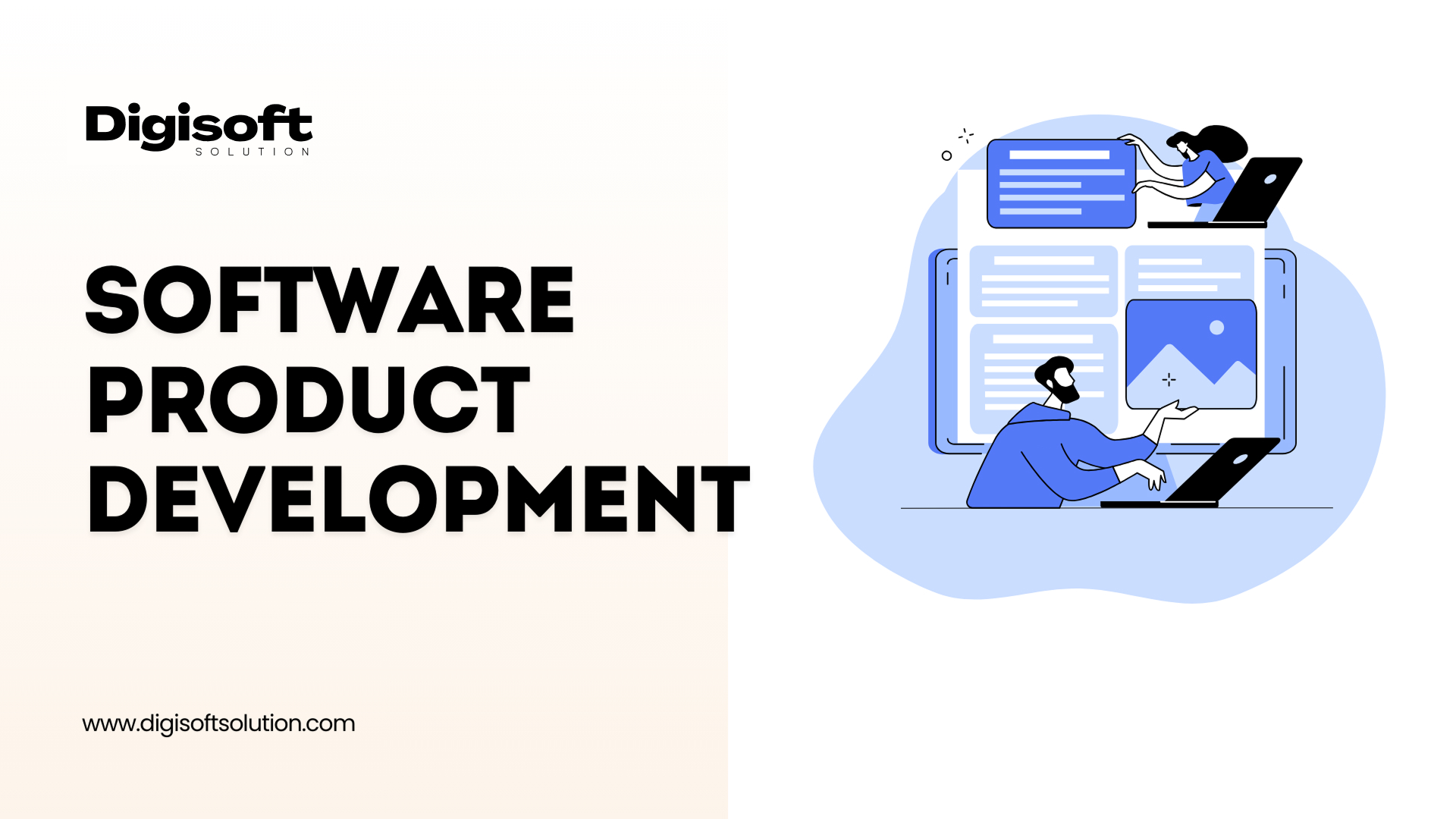
 Kapil Sharma
Kapil Sharma
